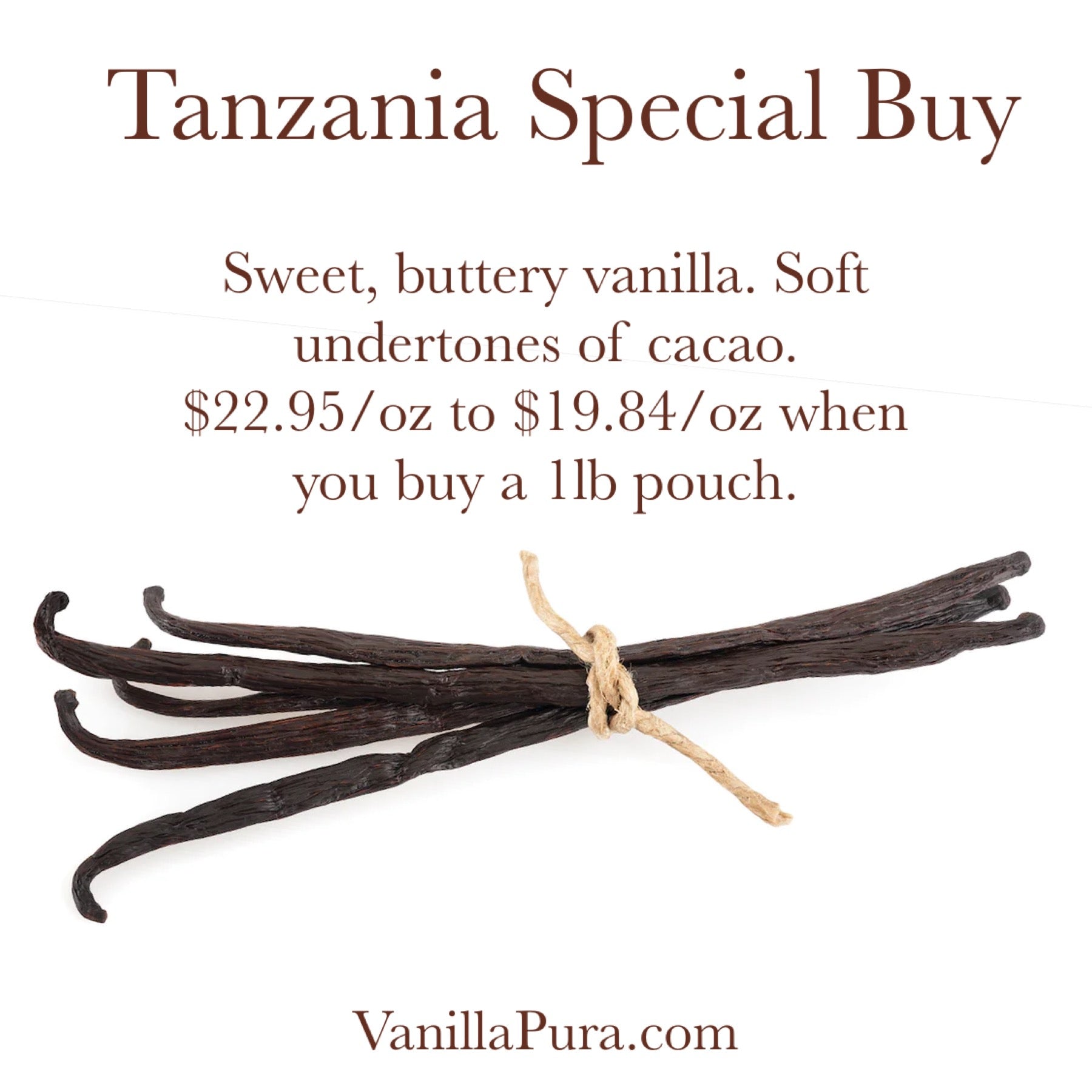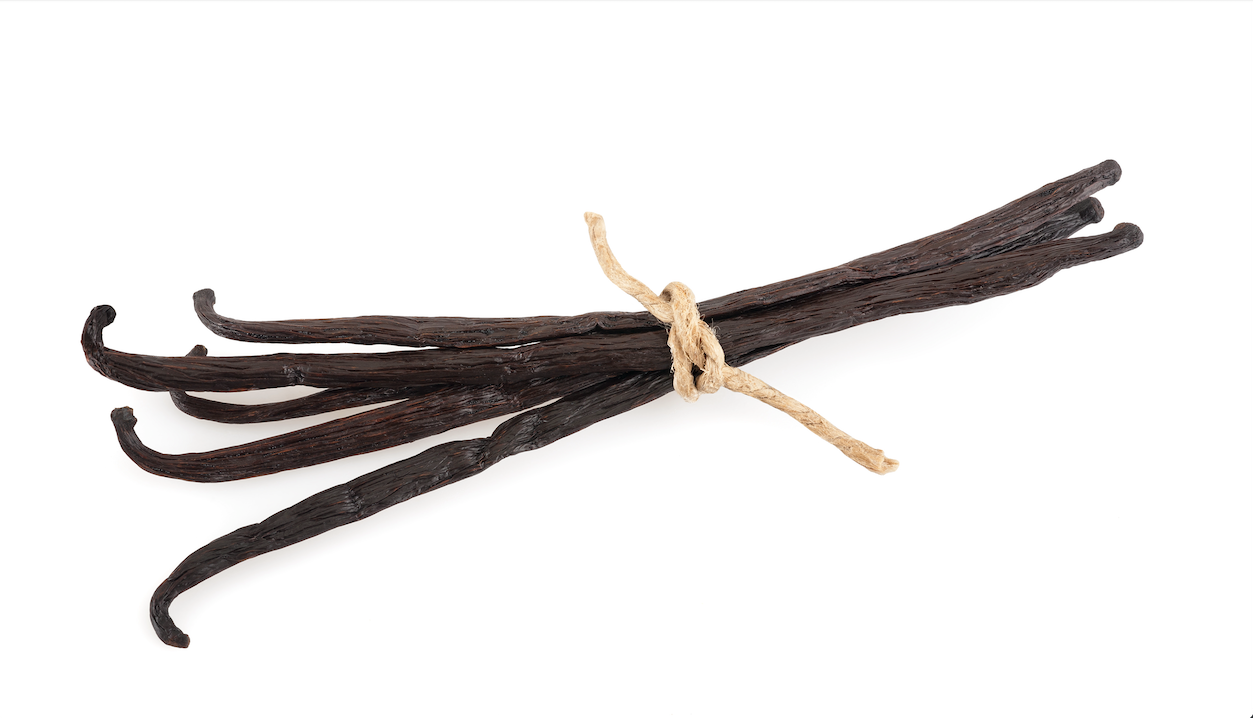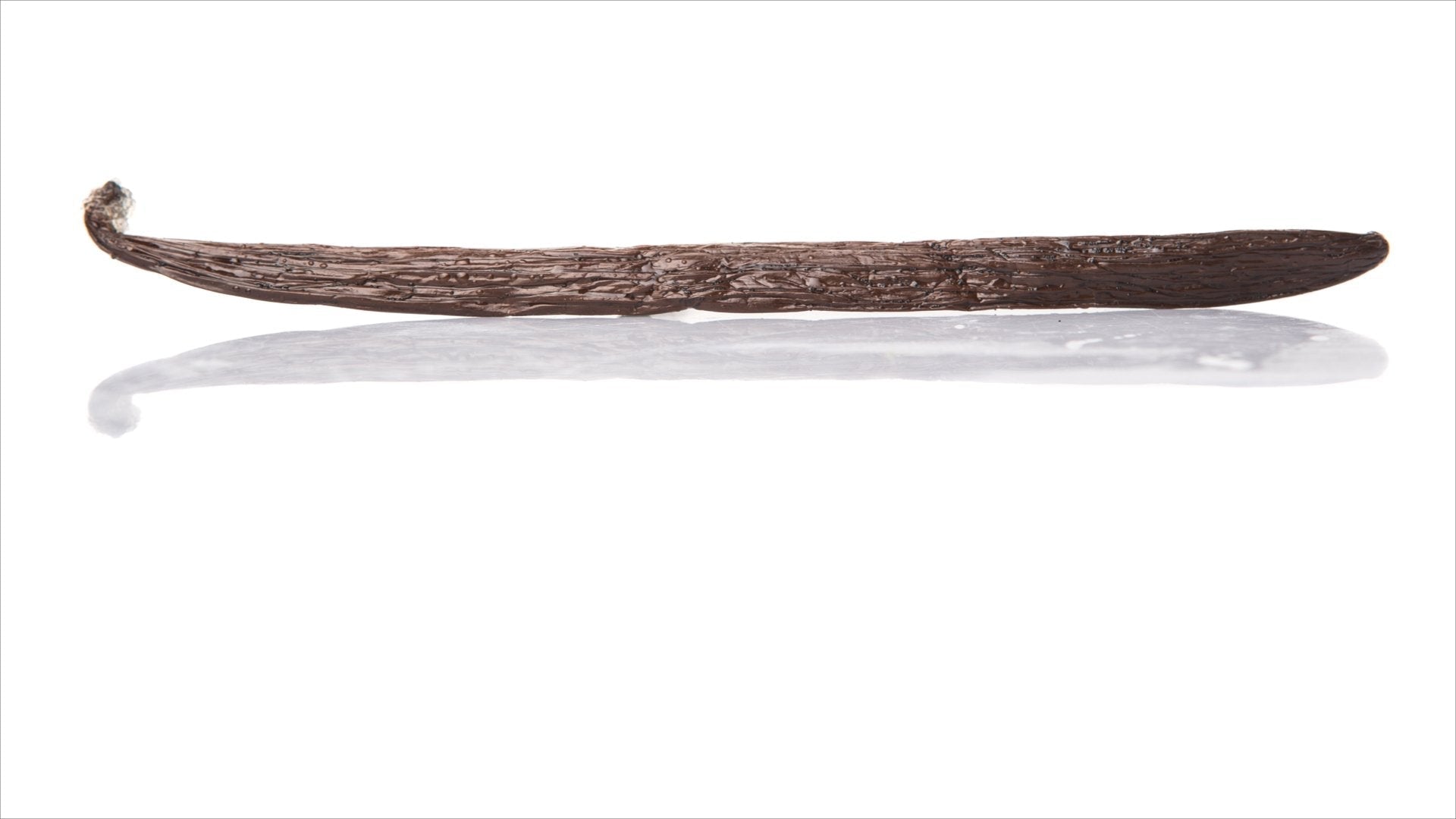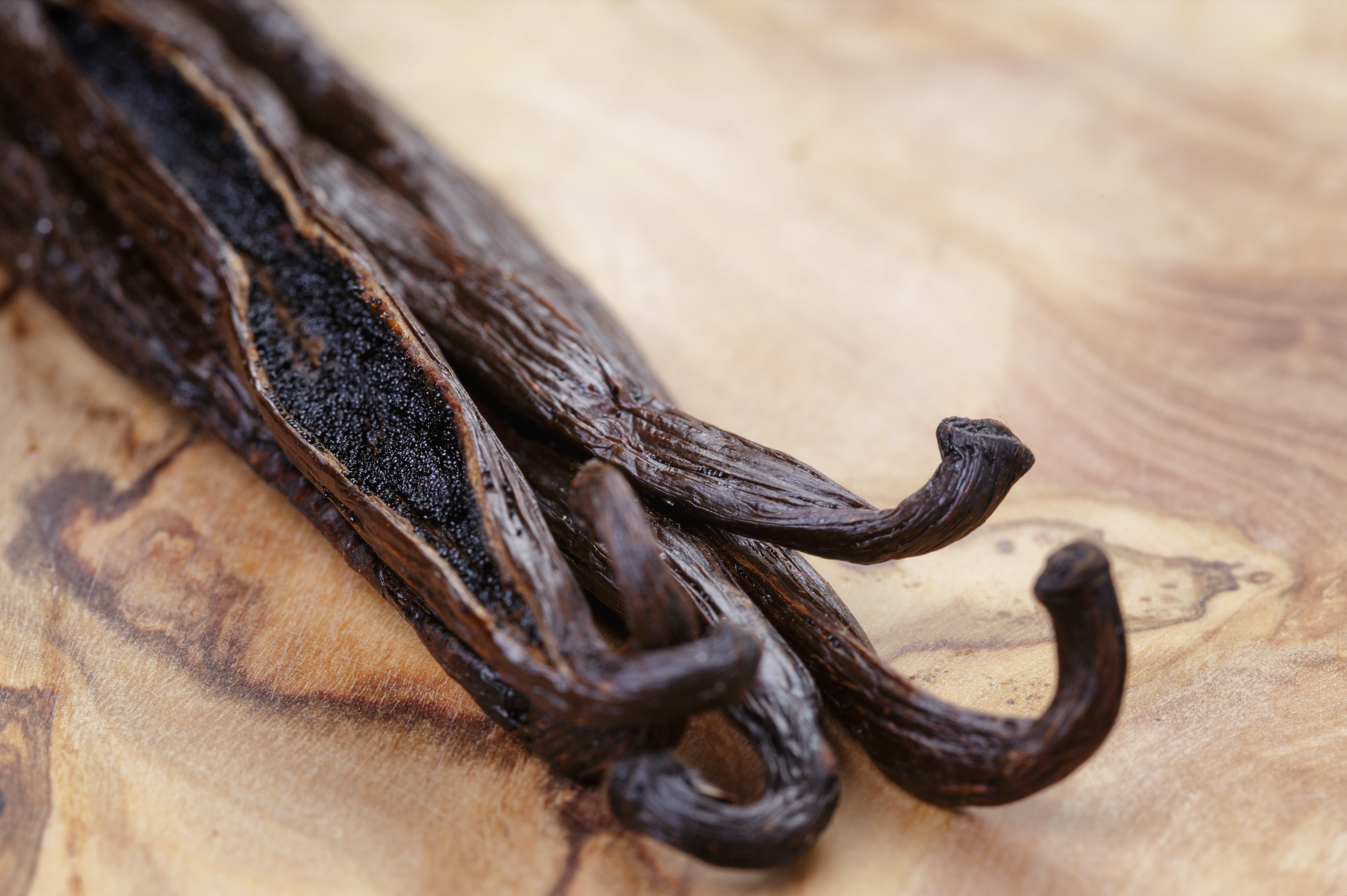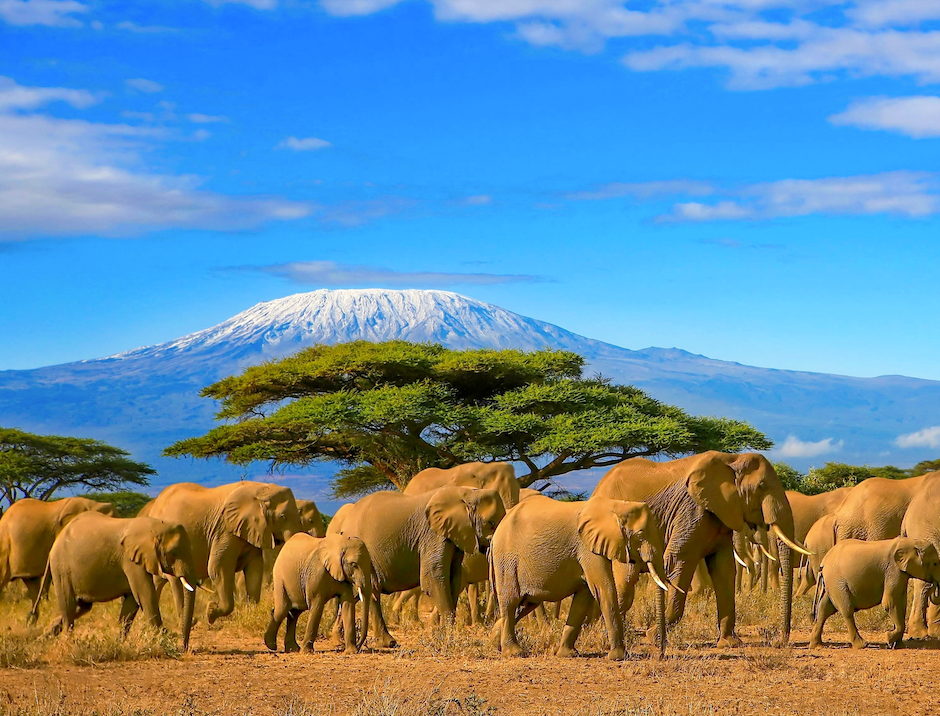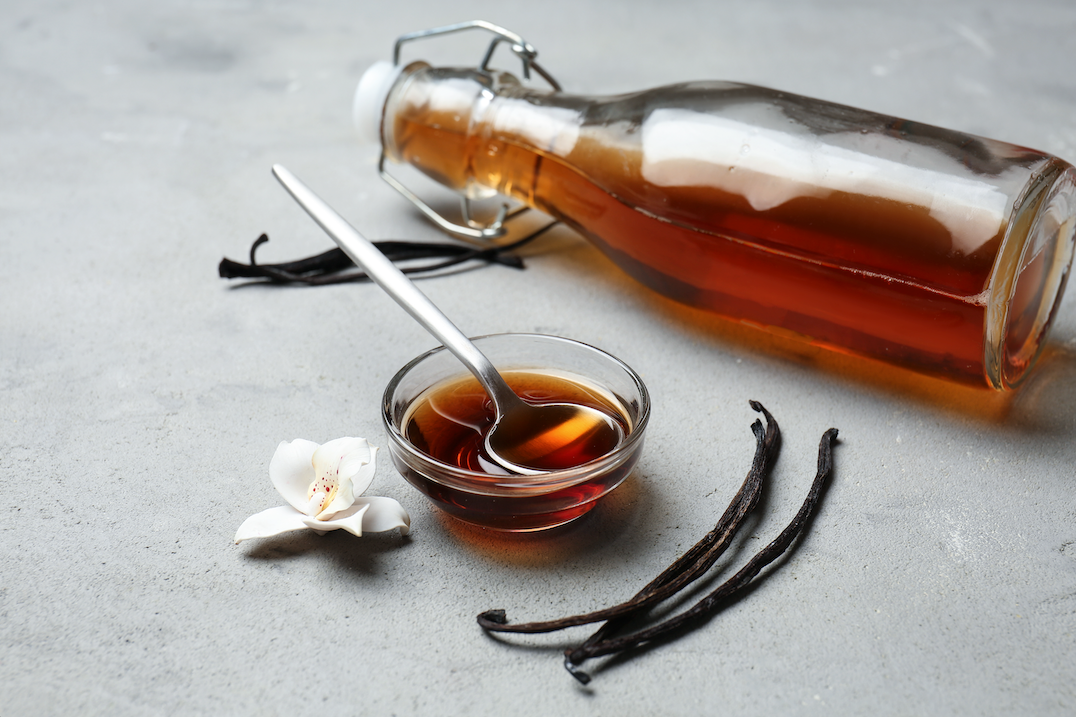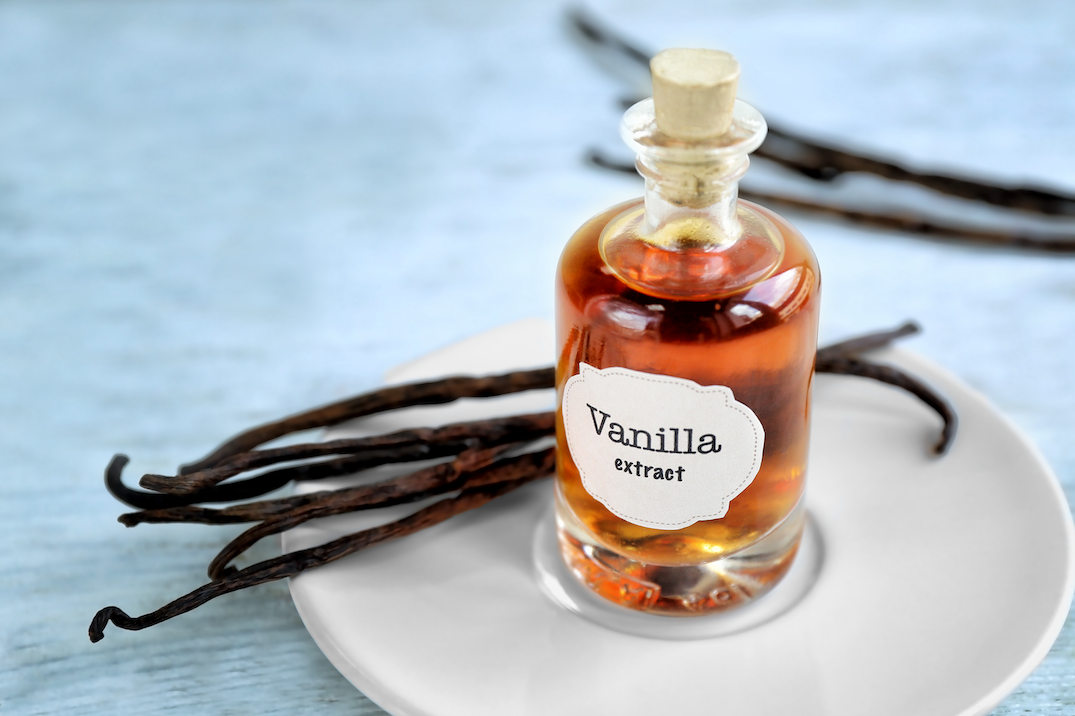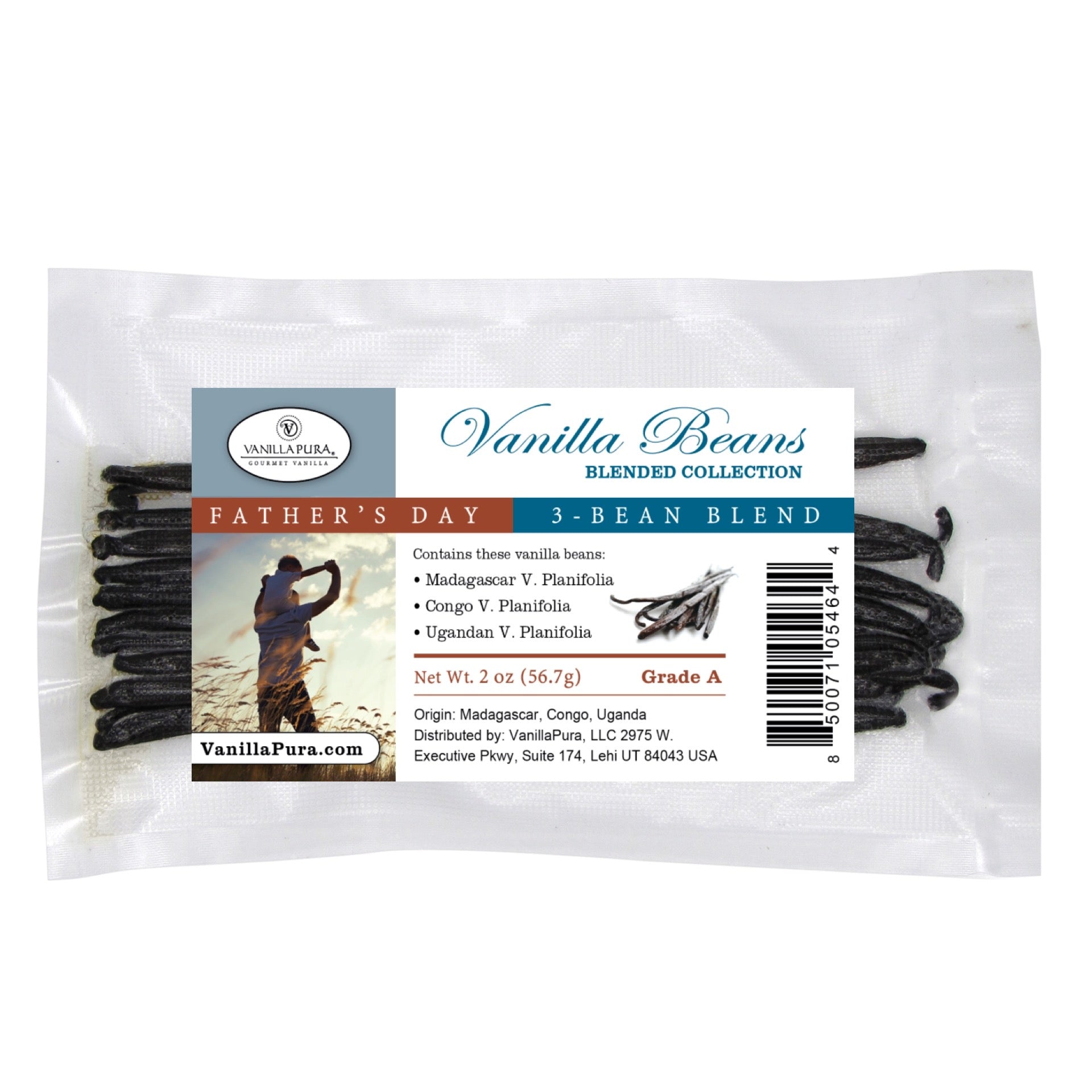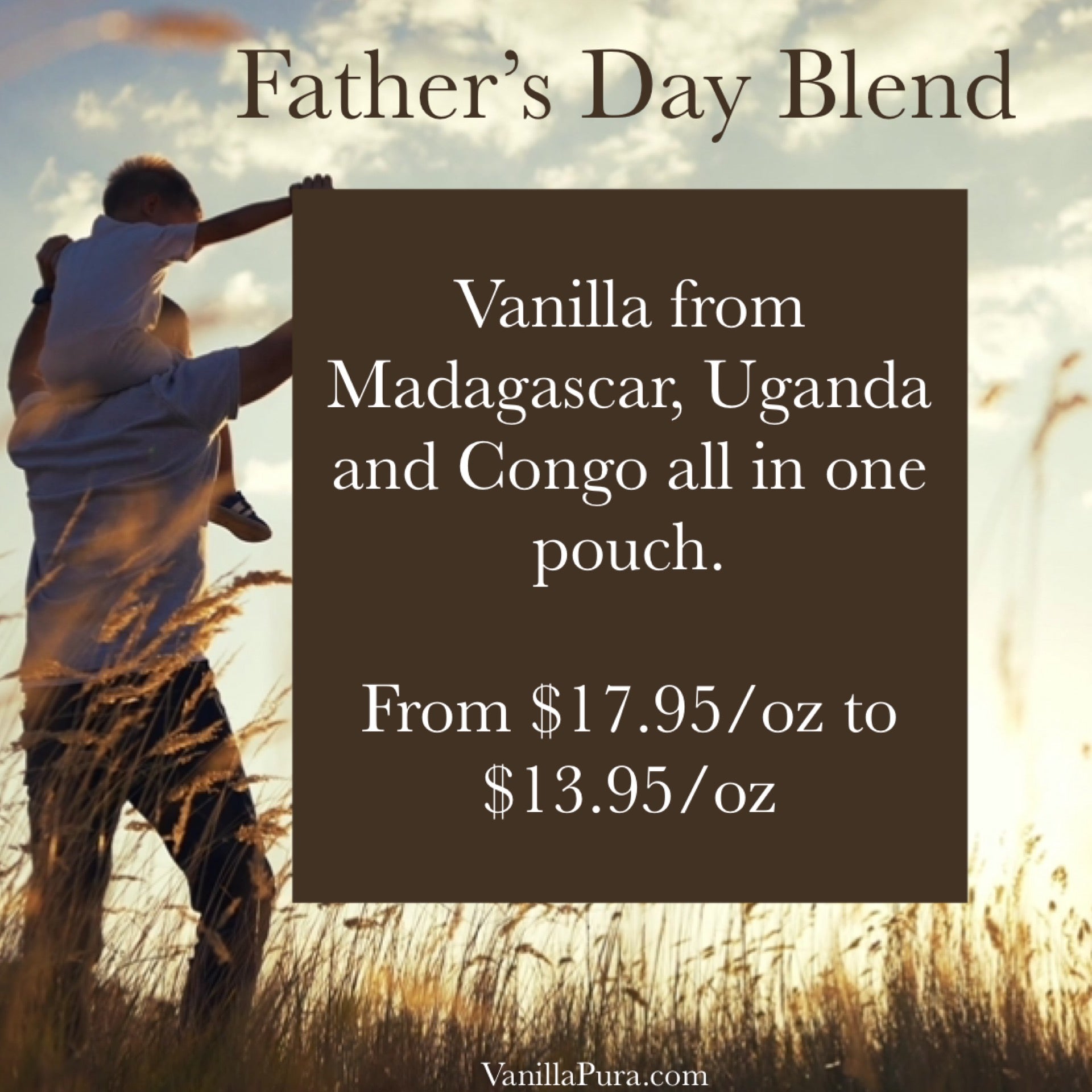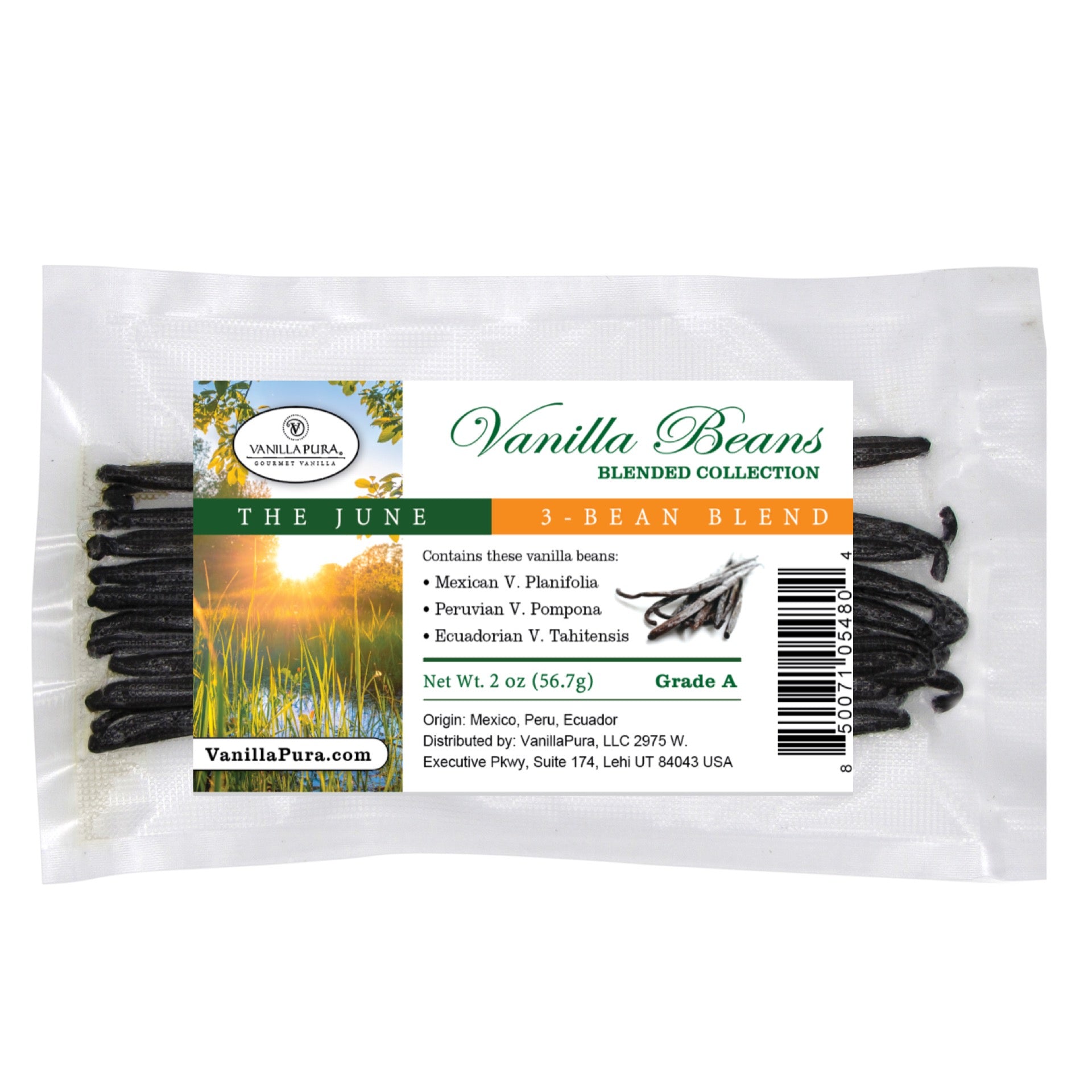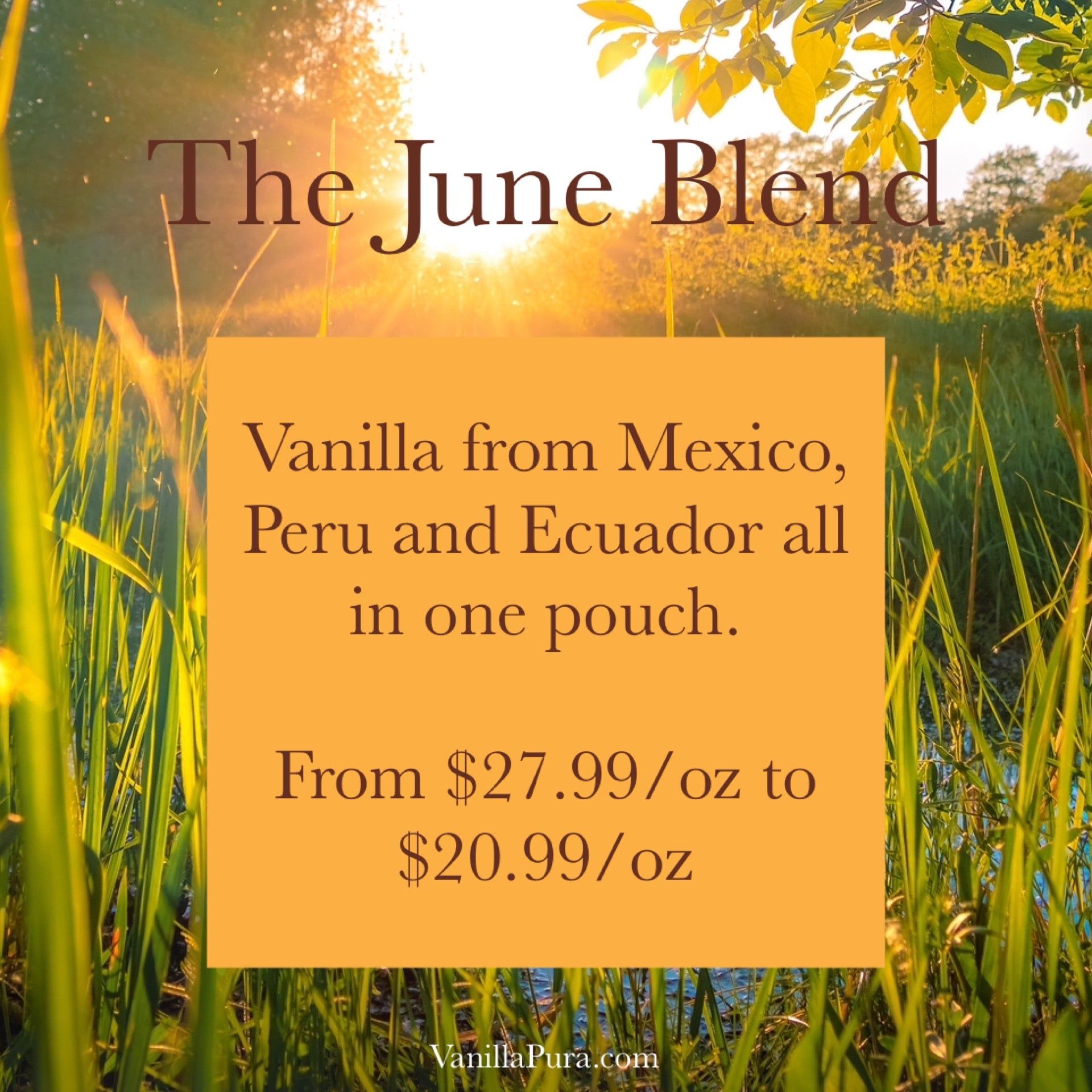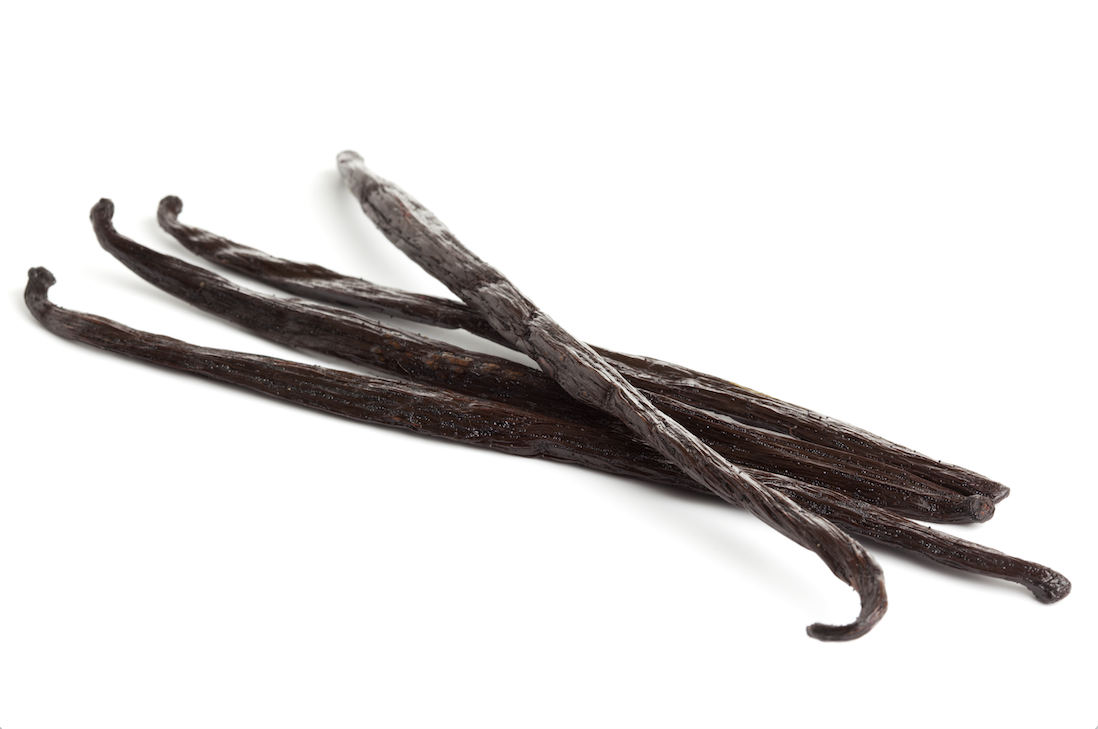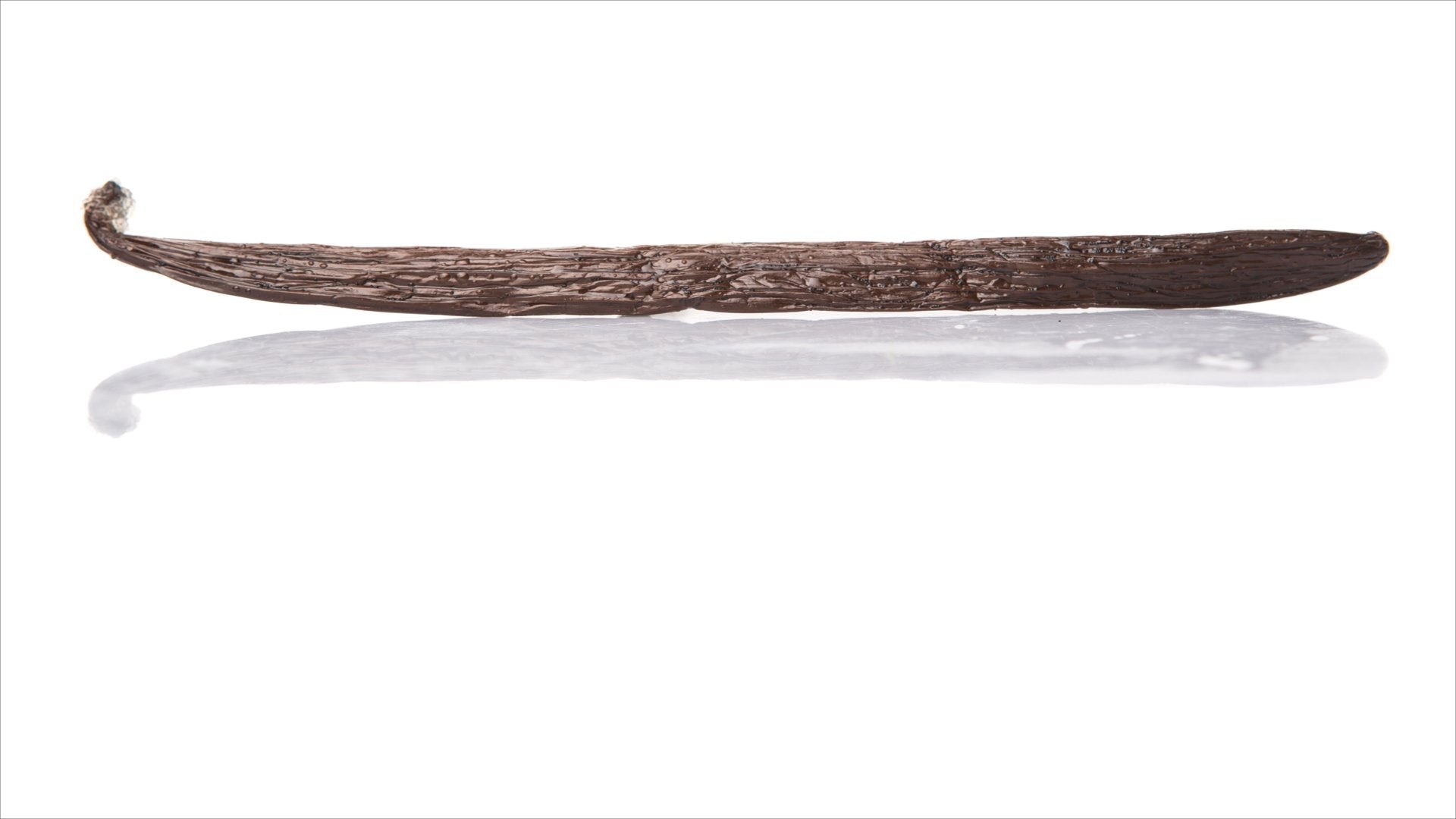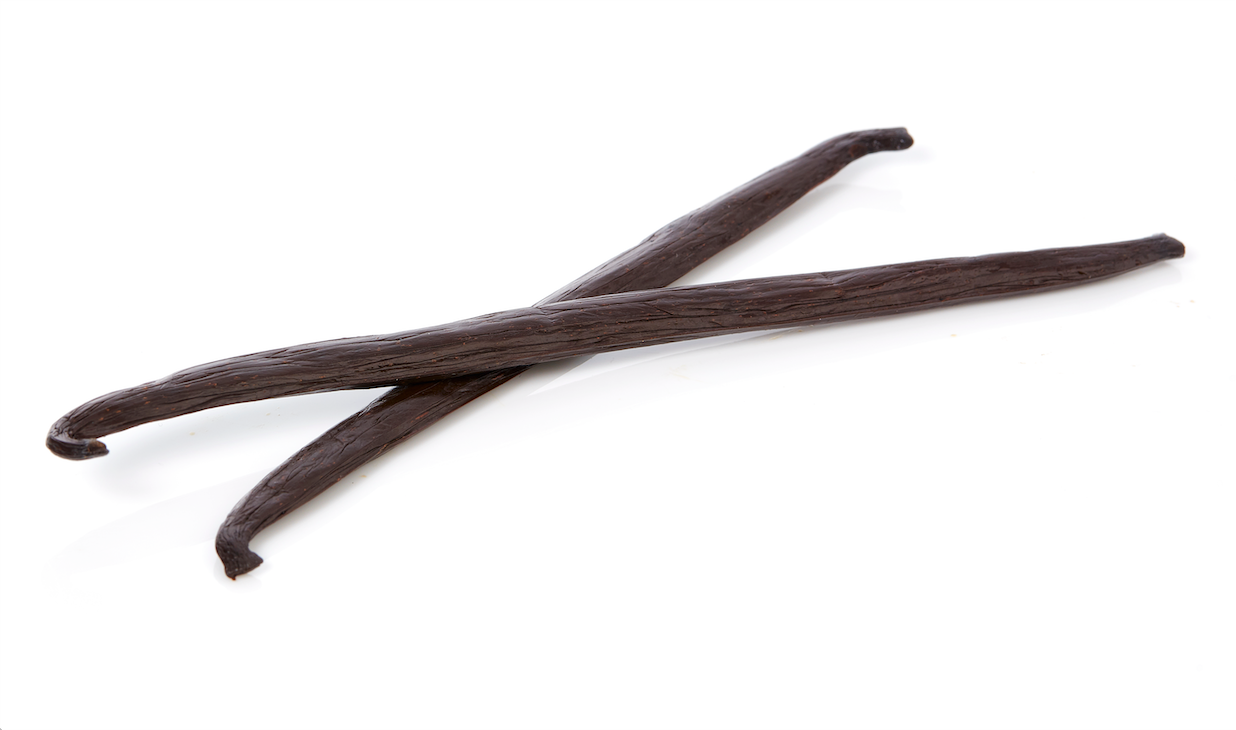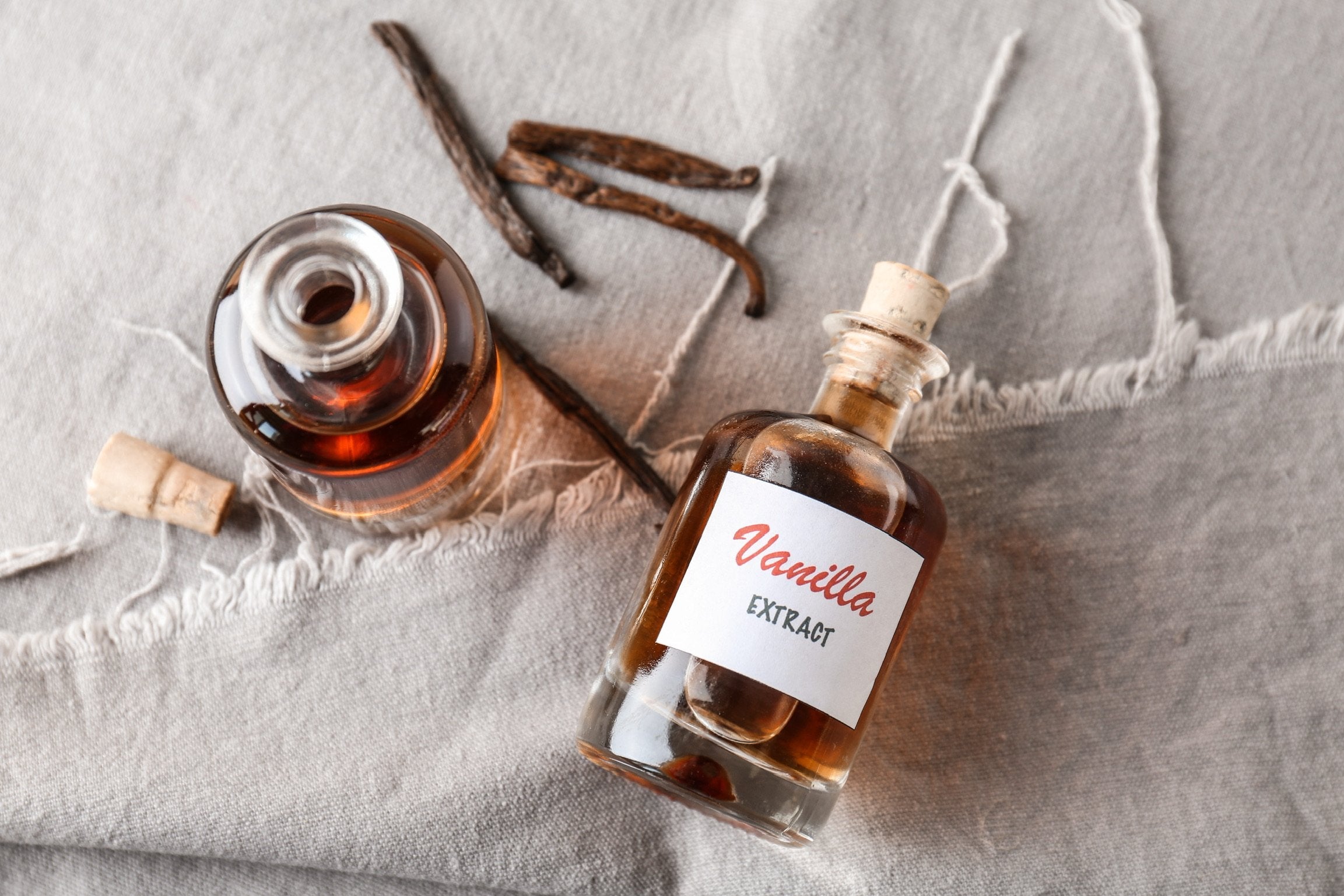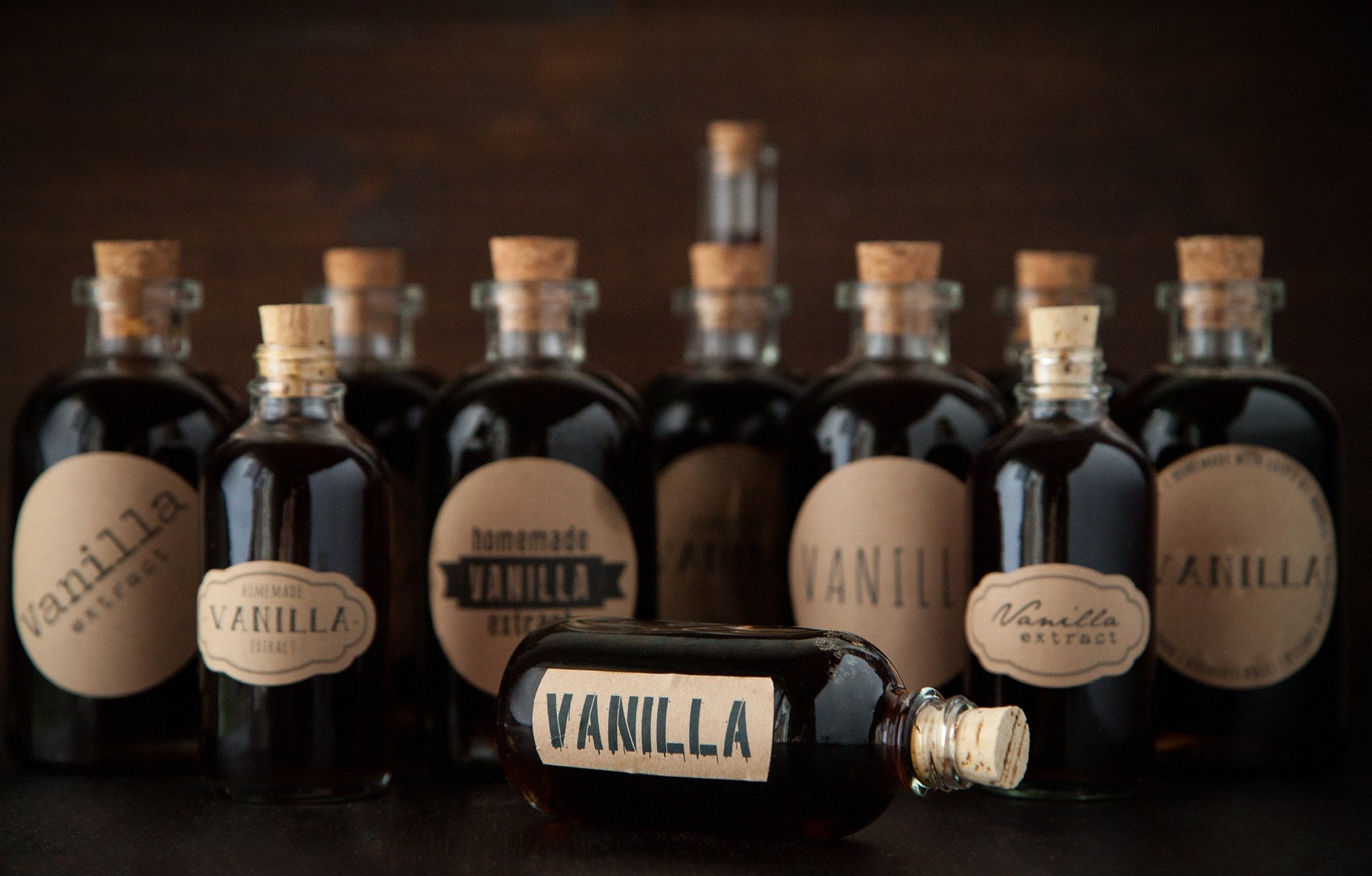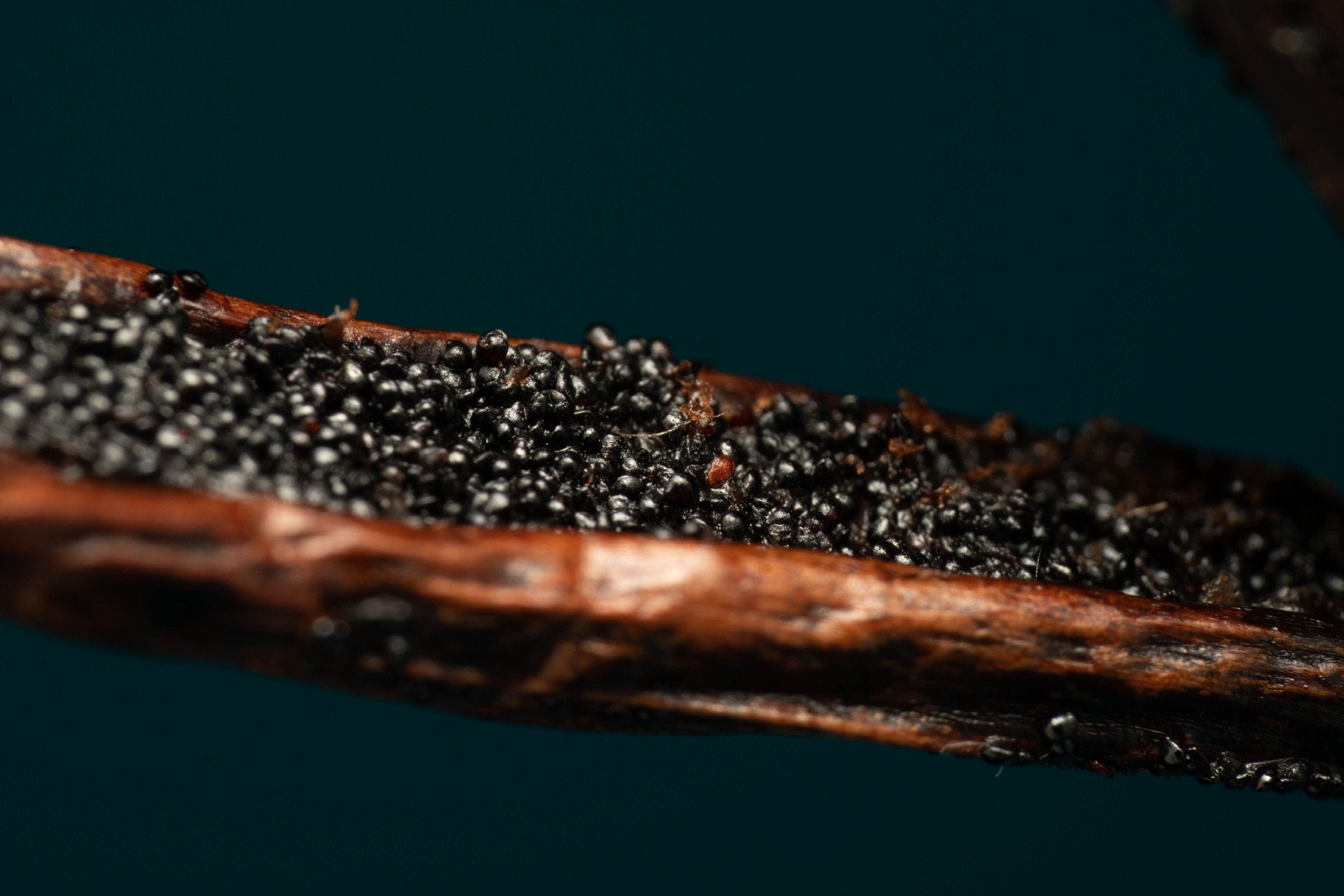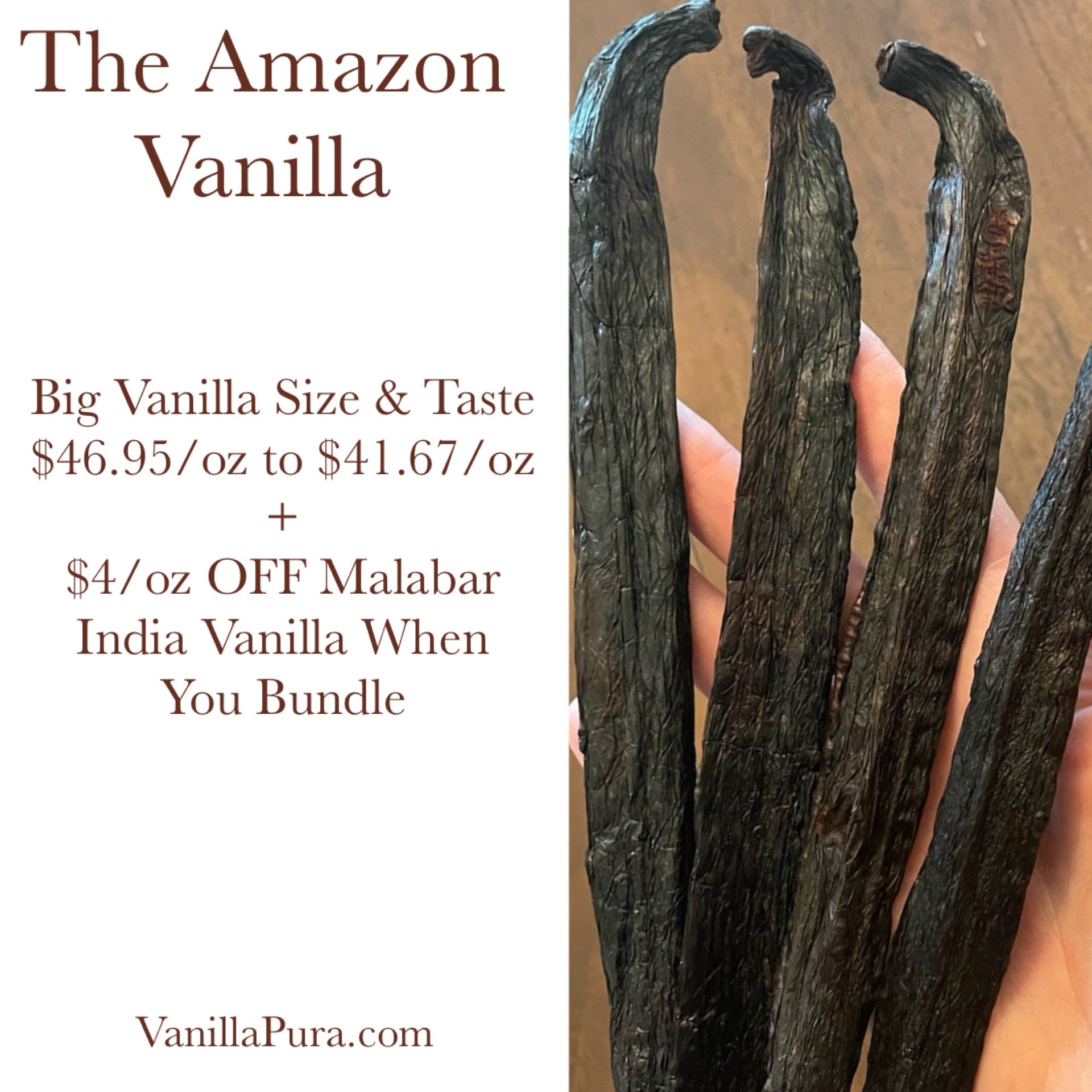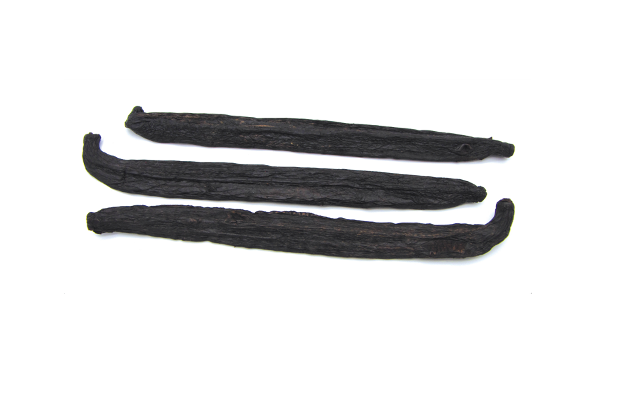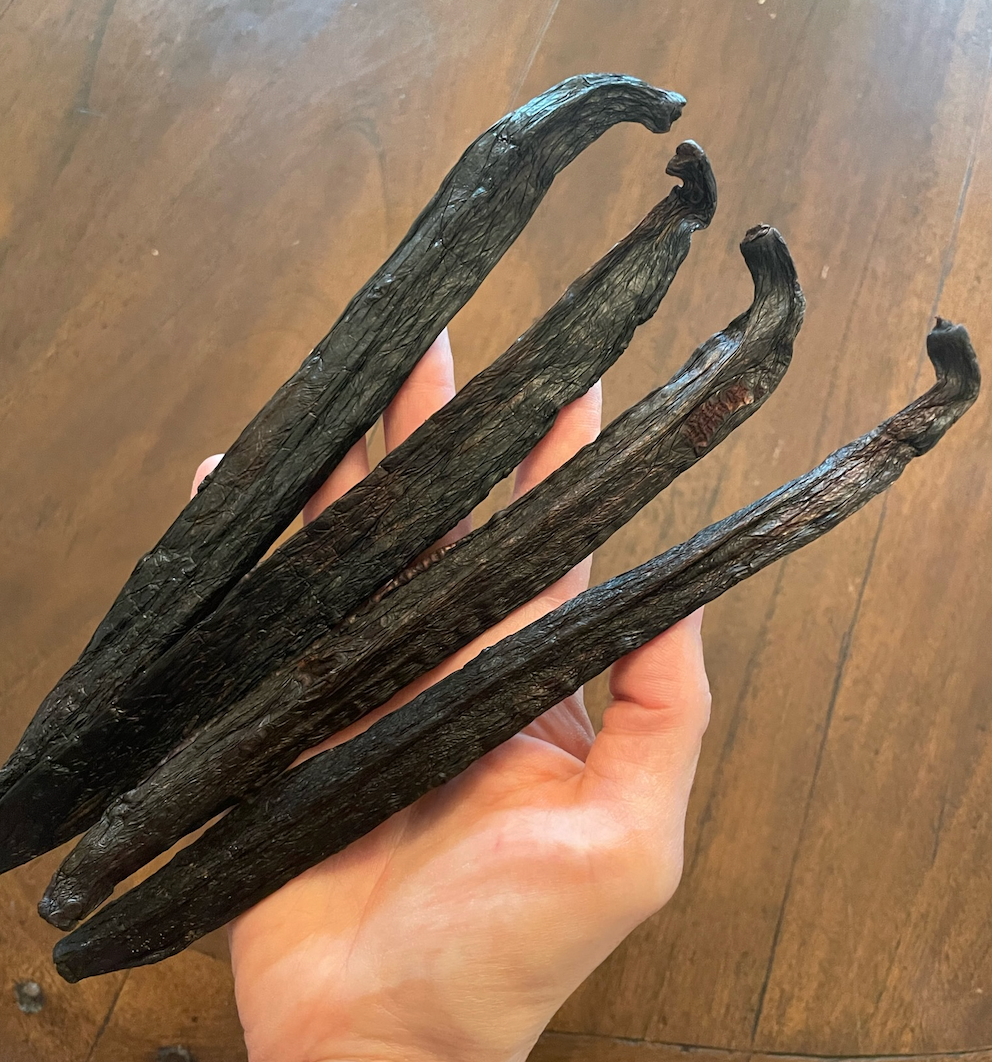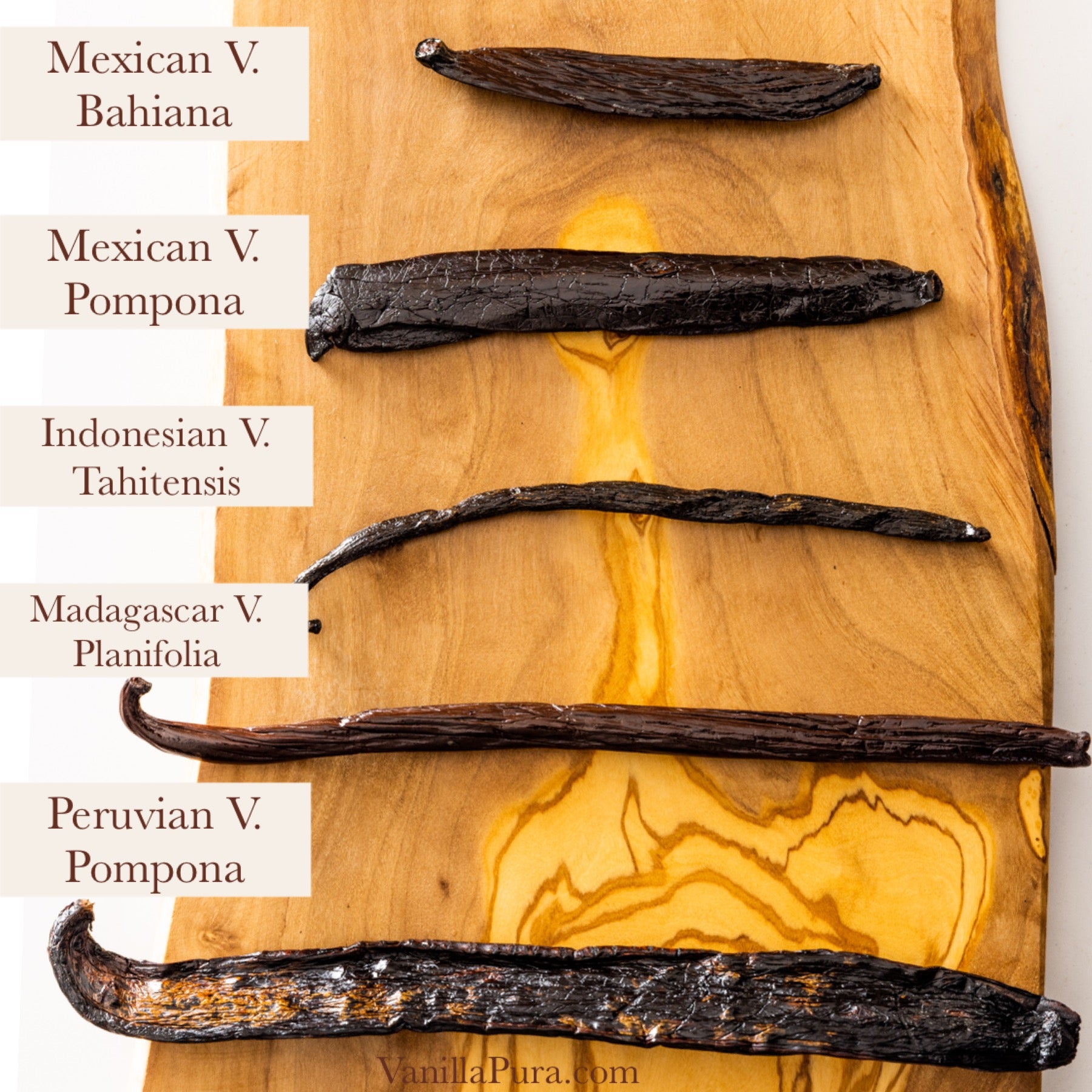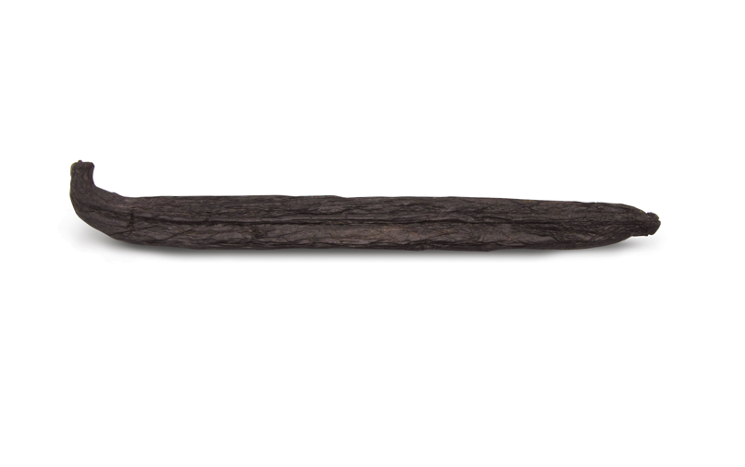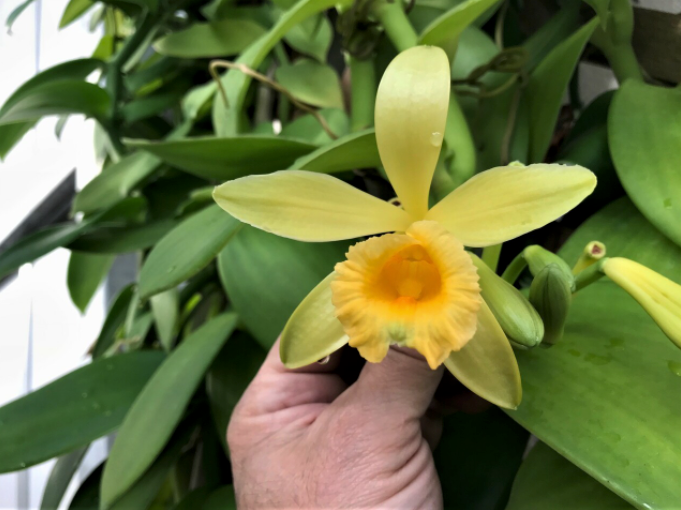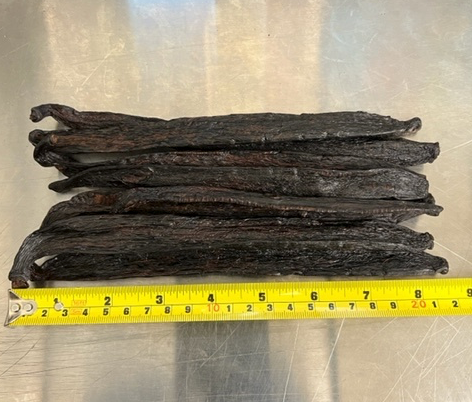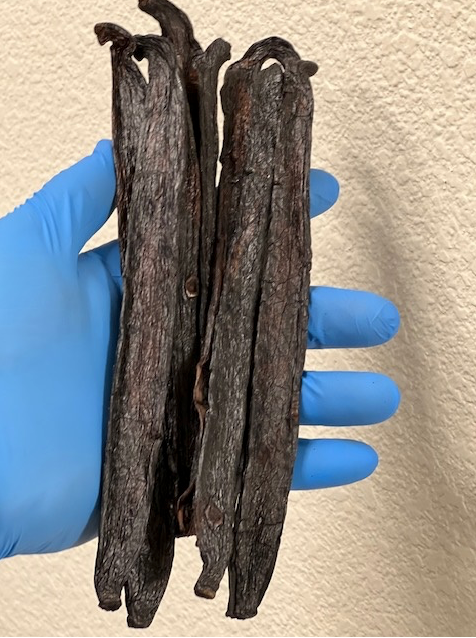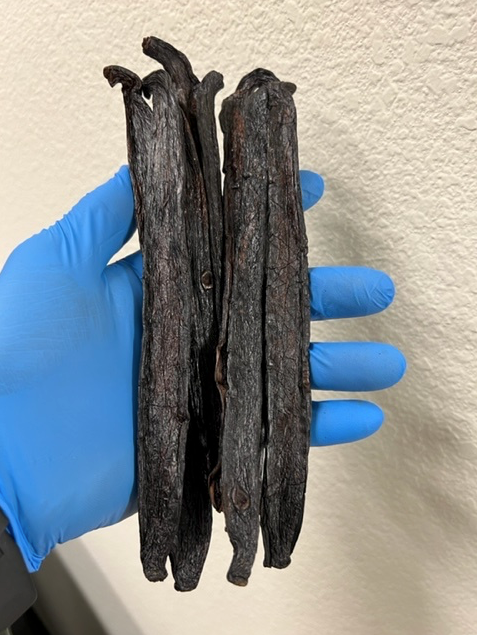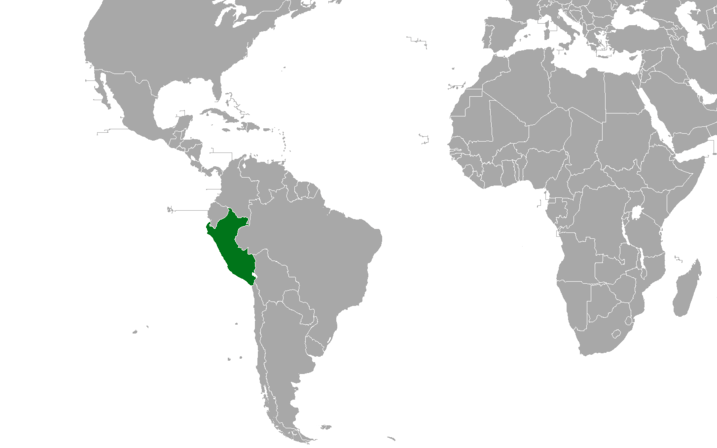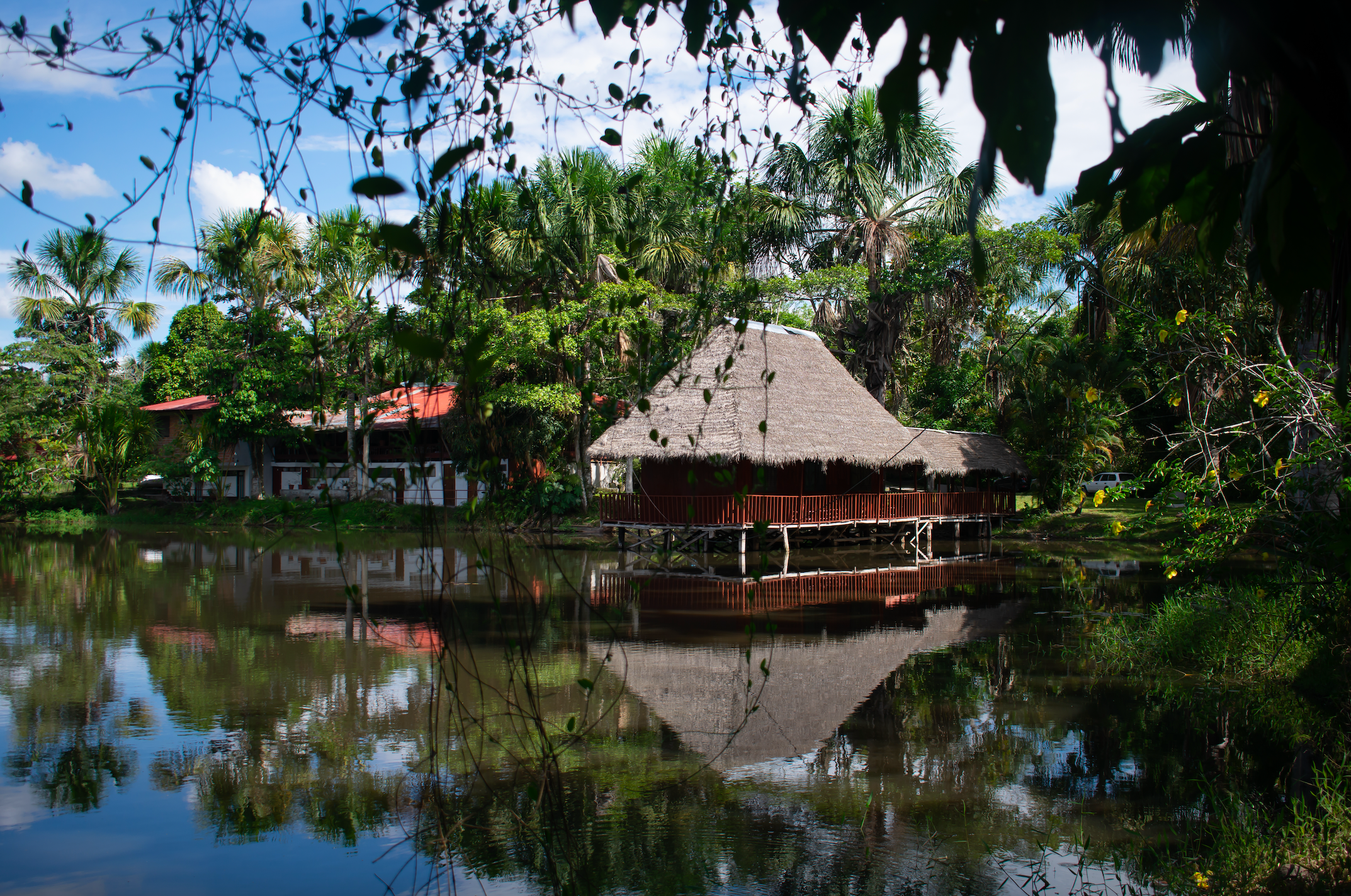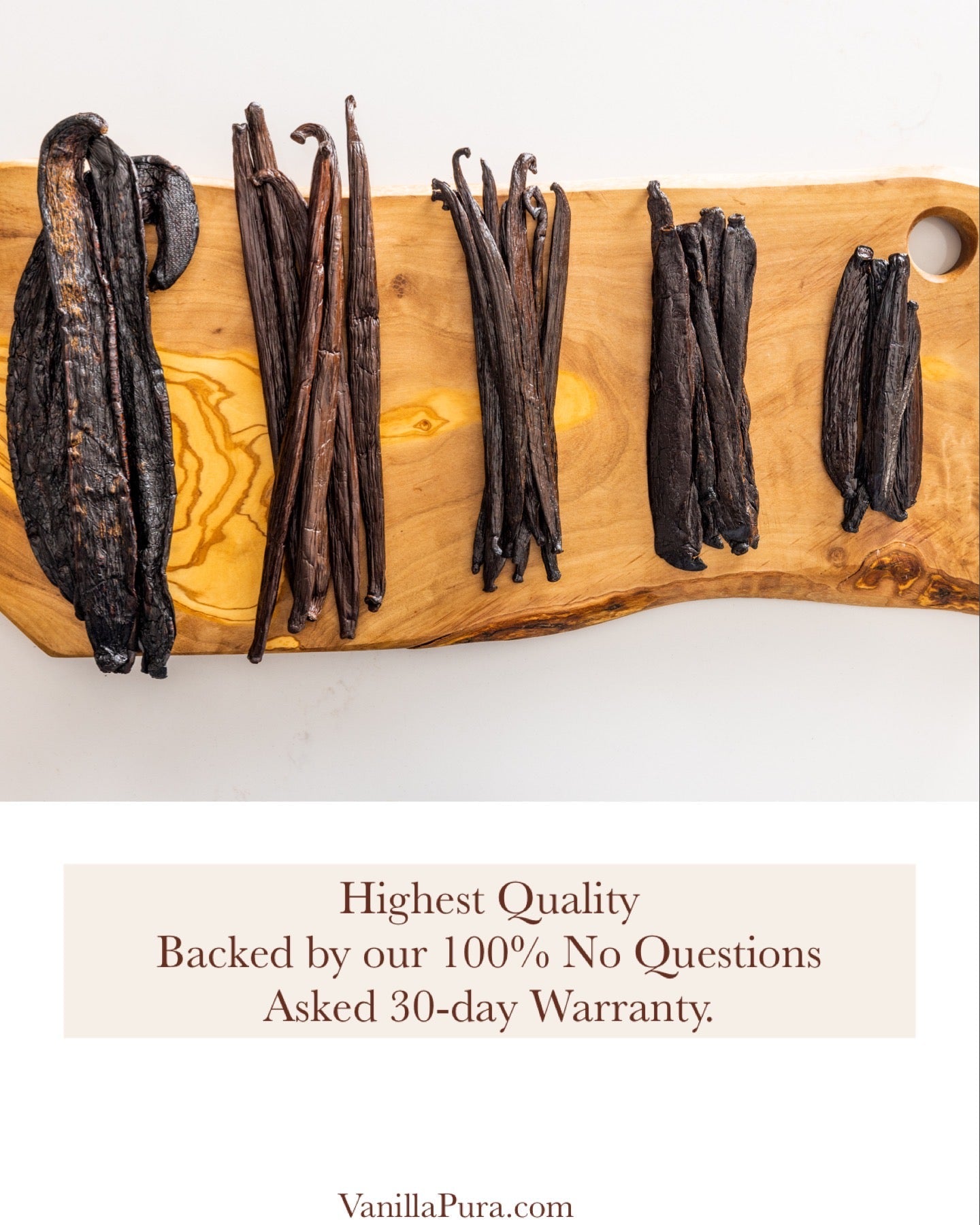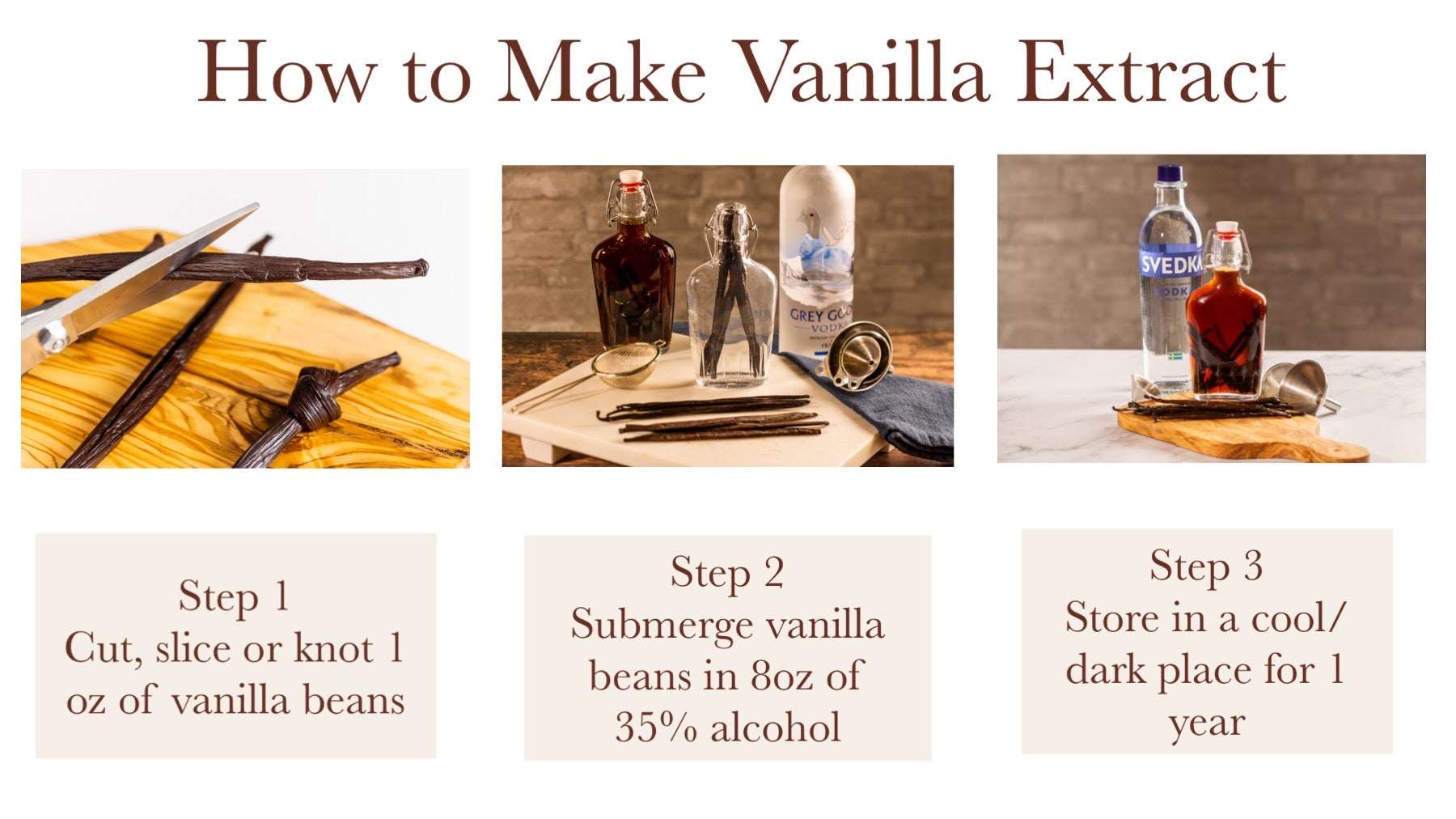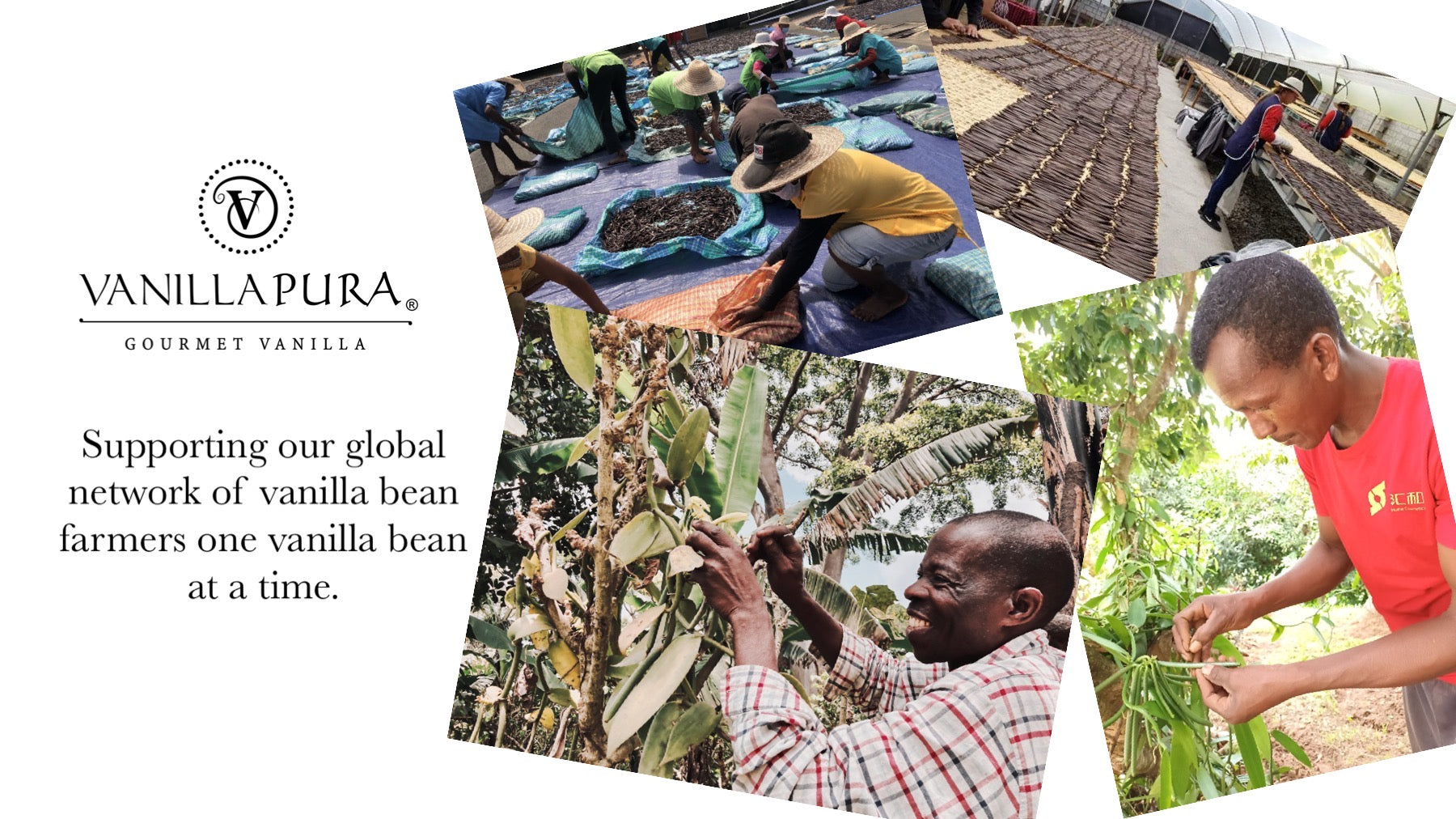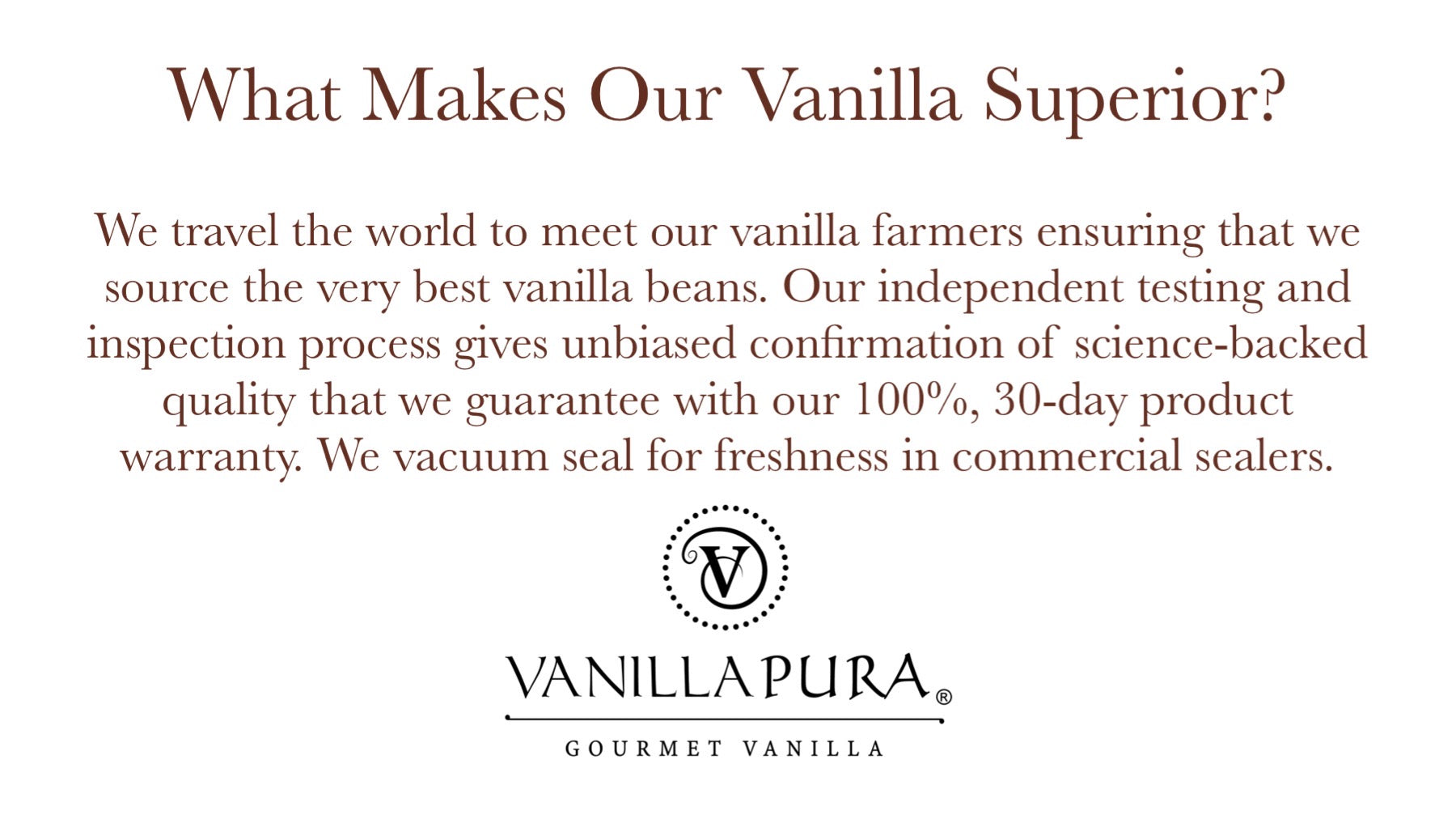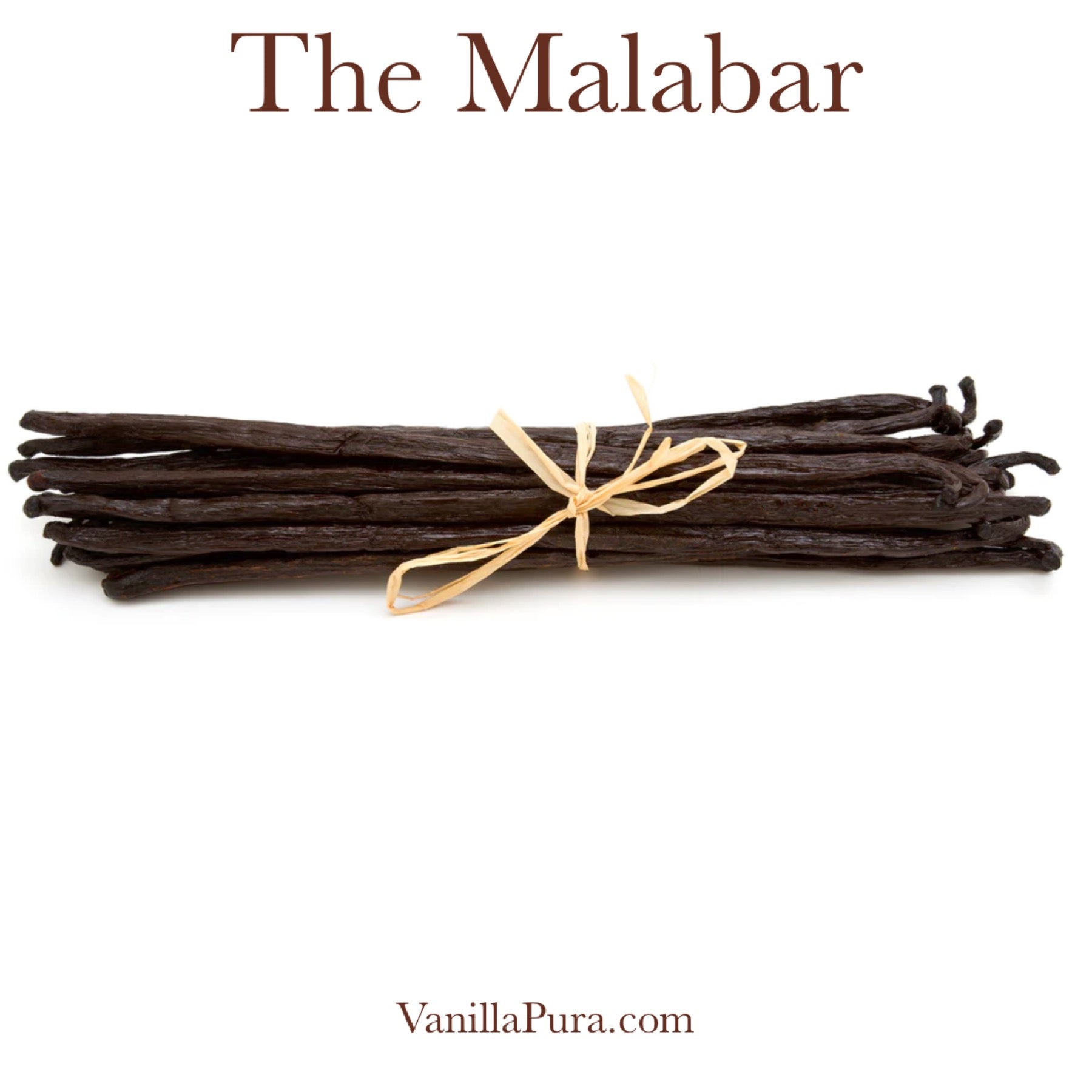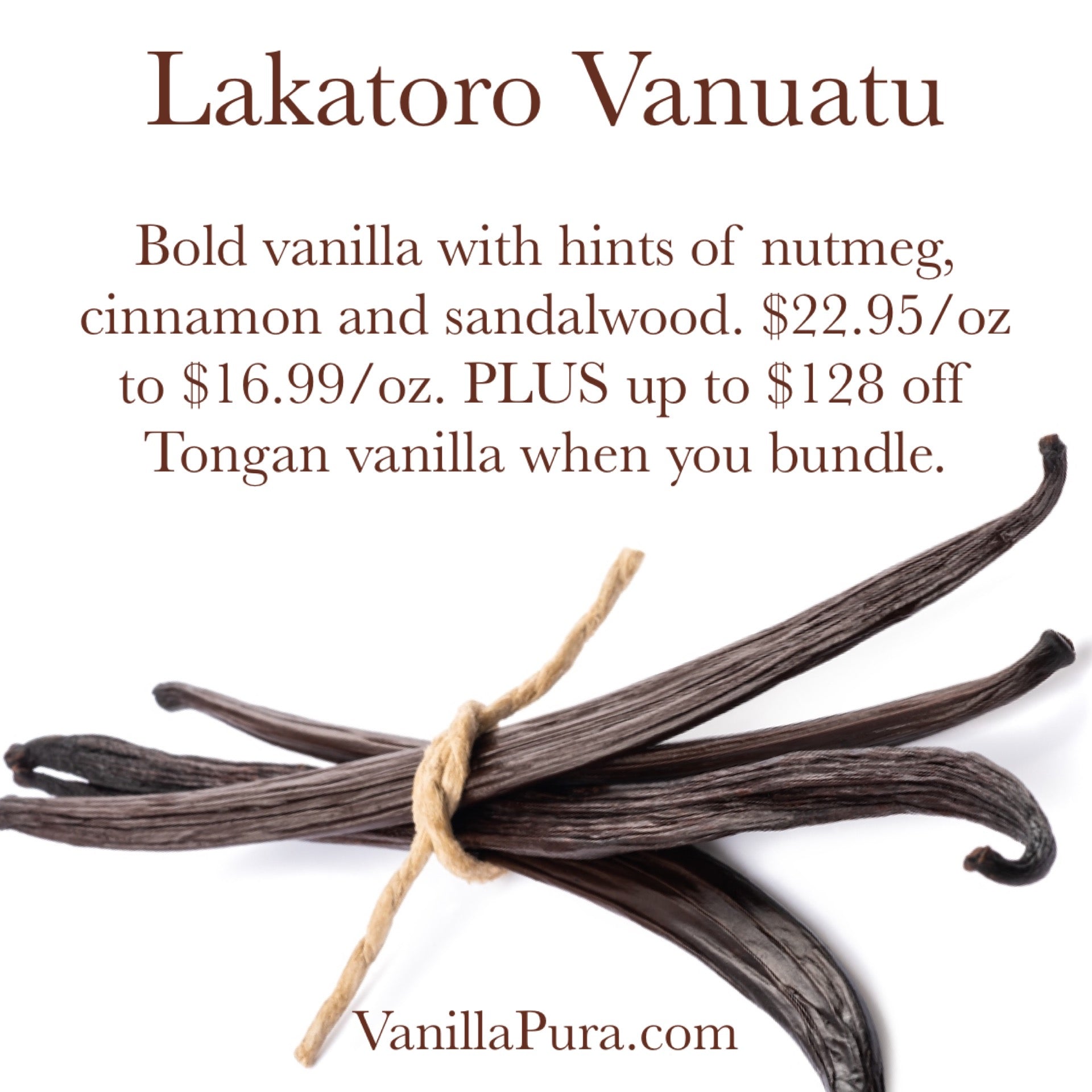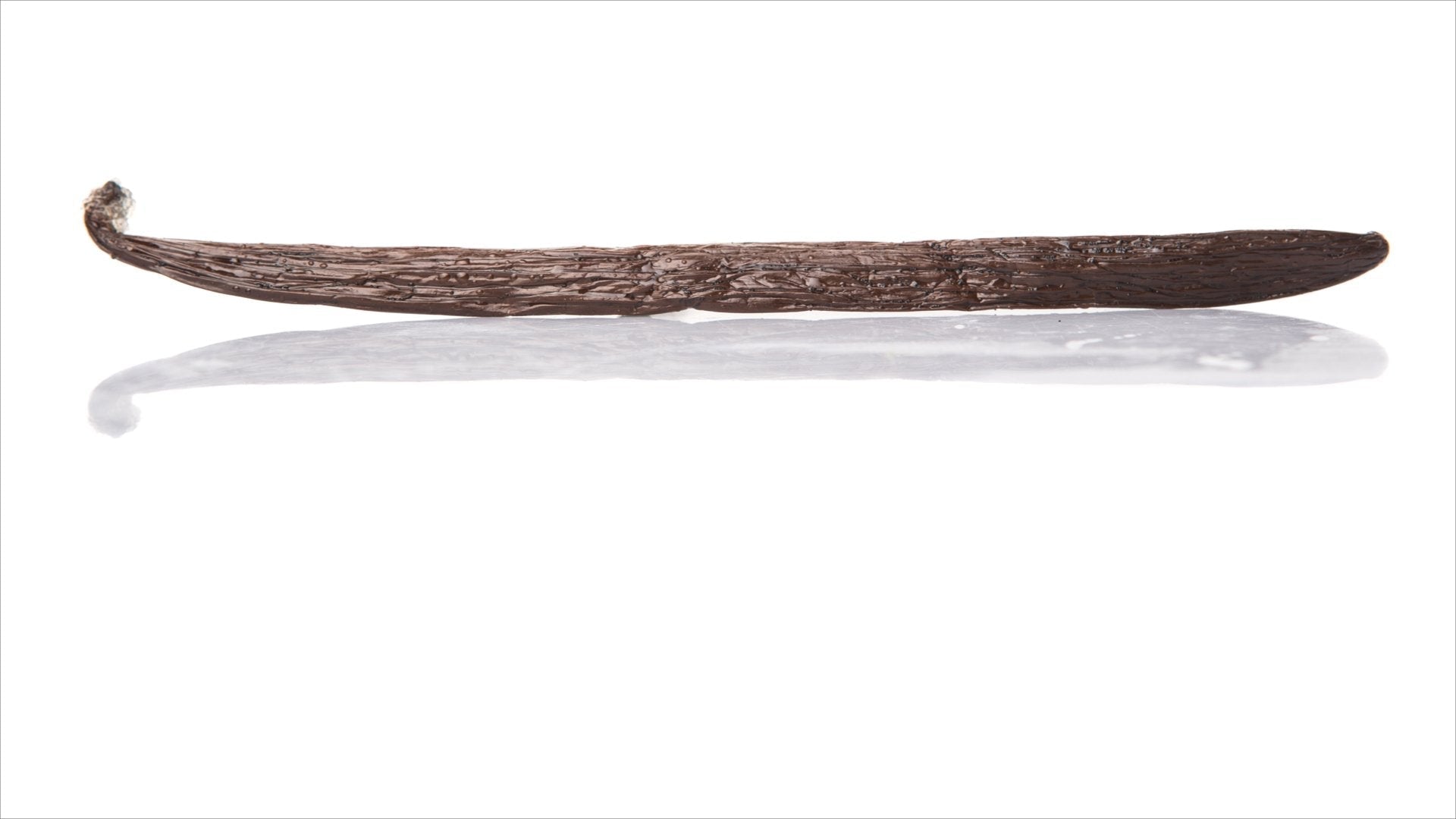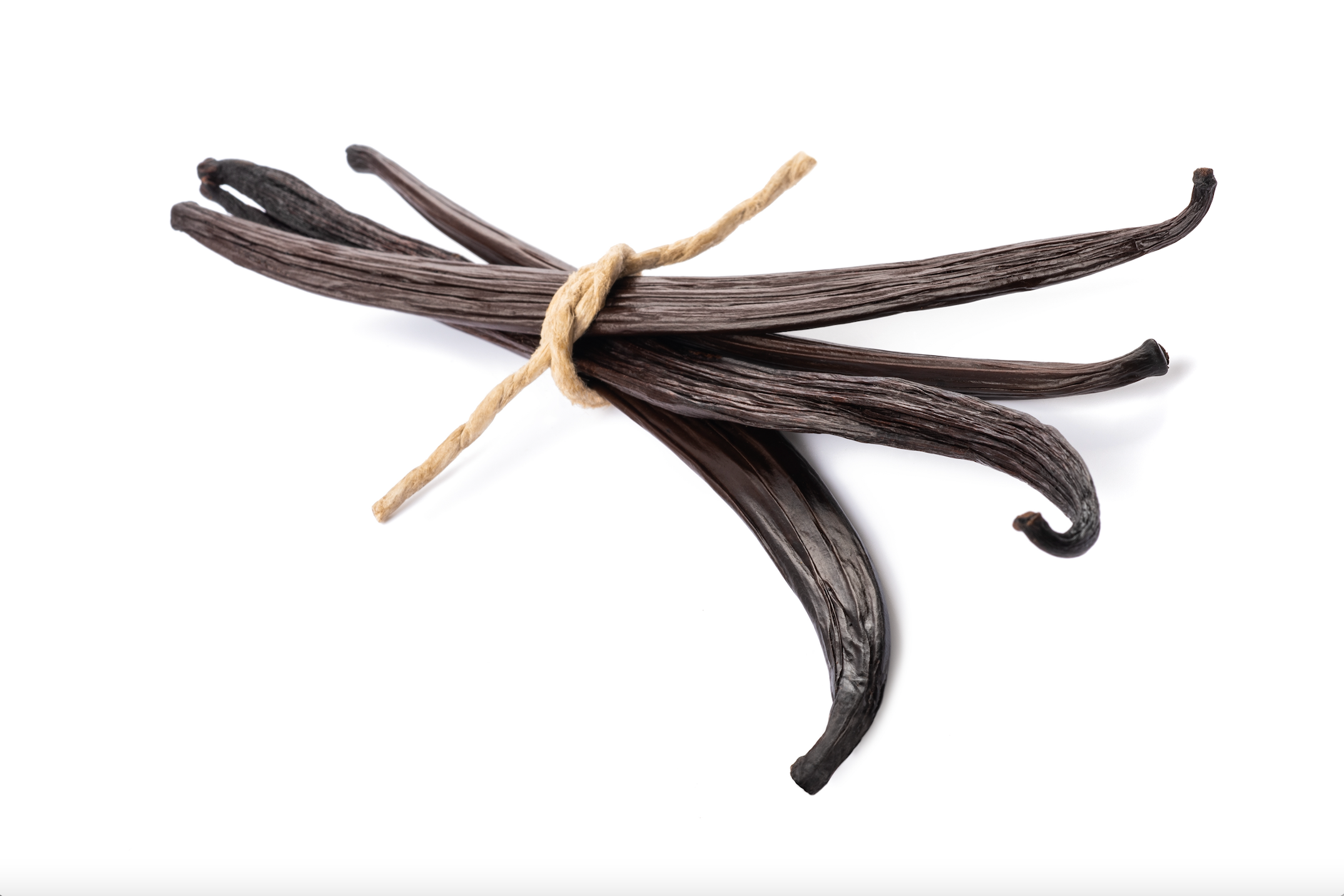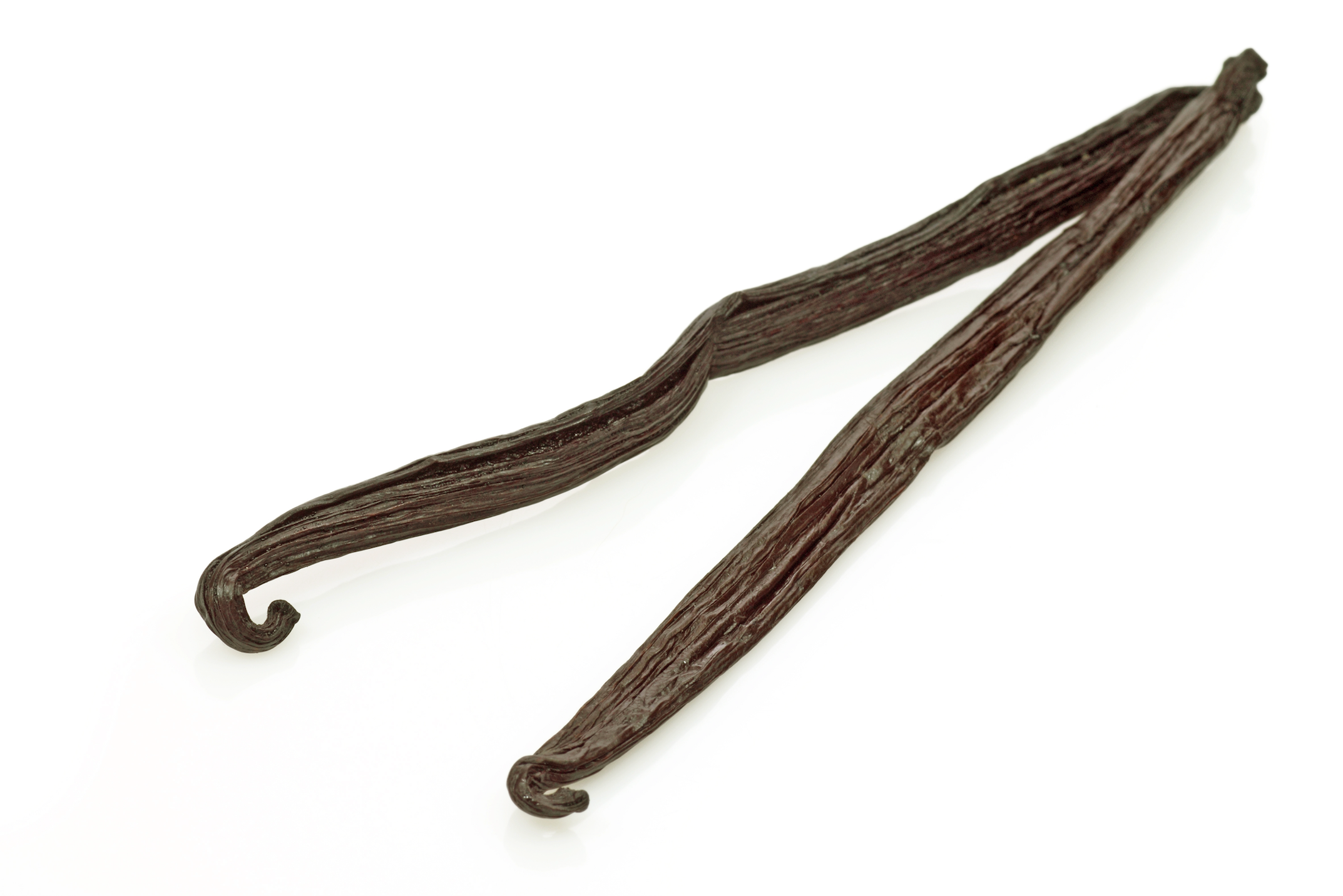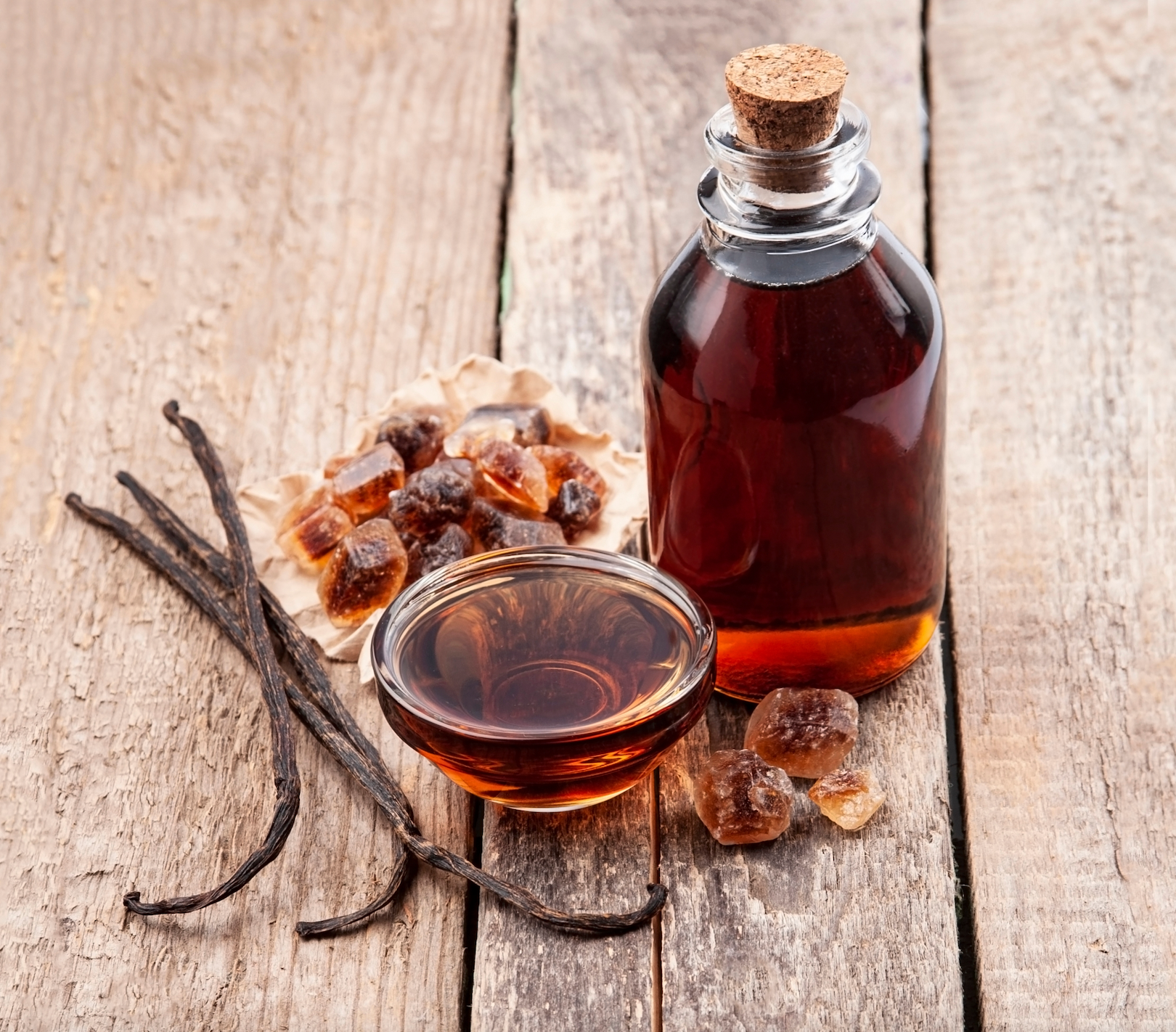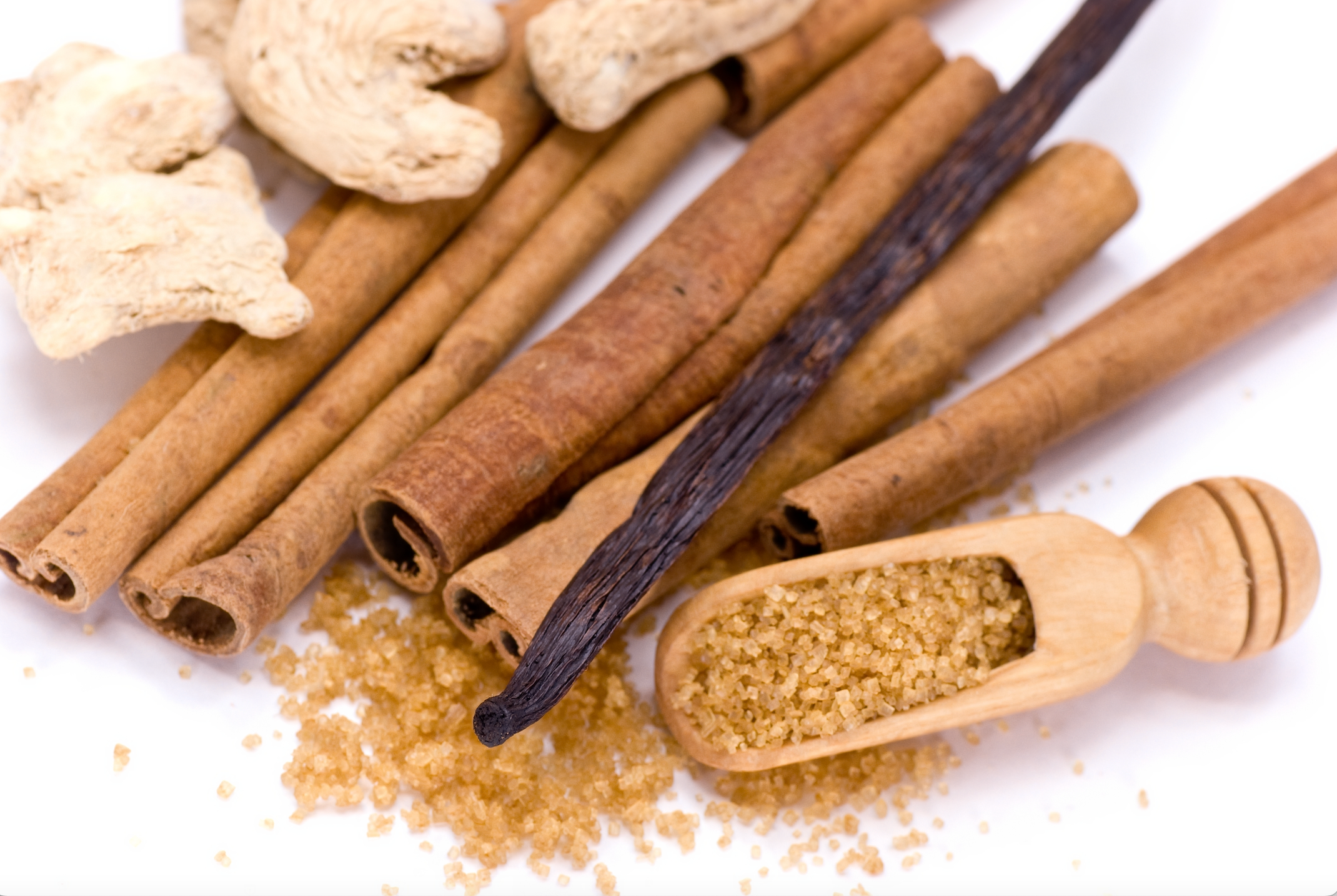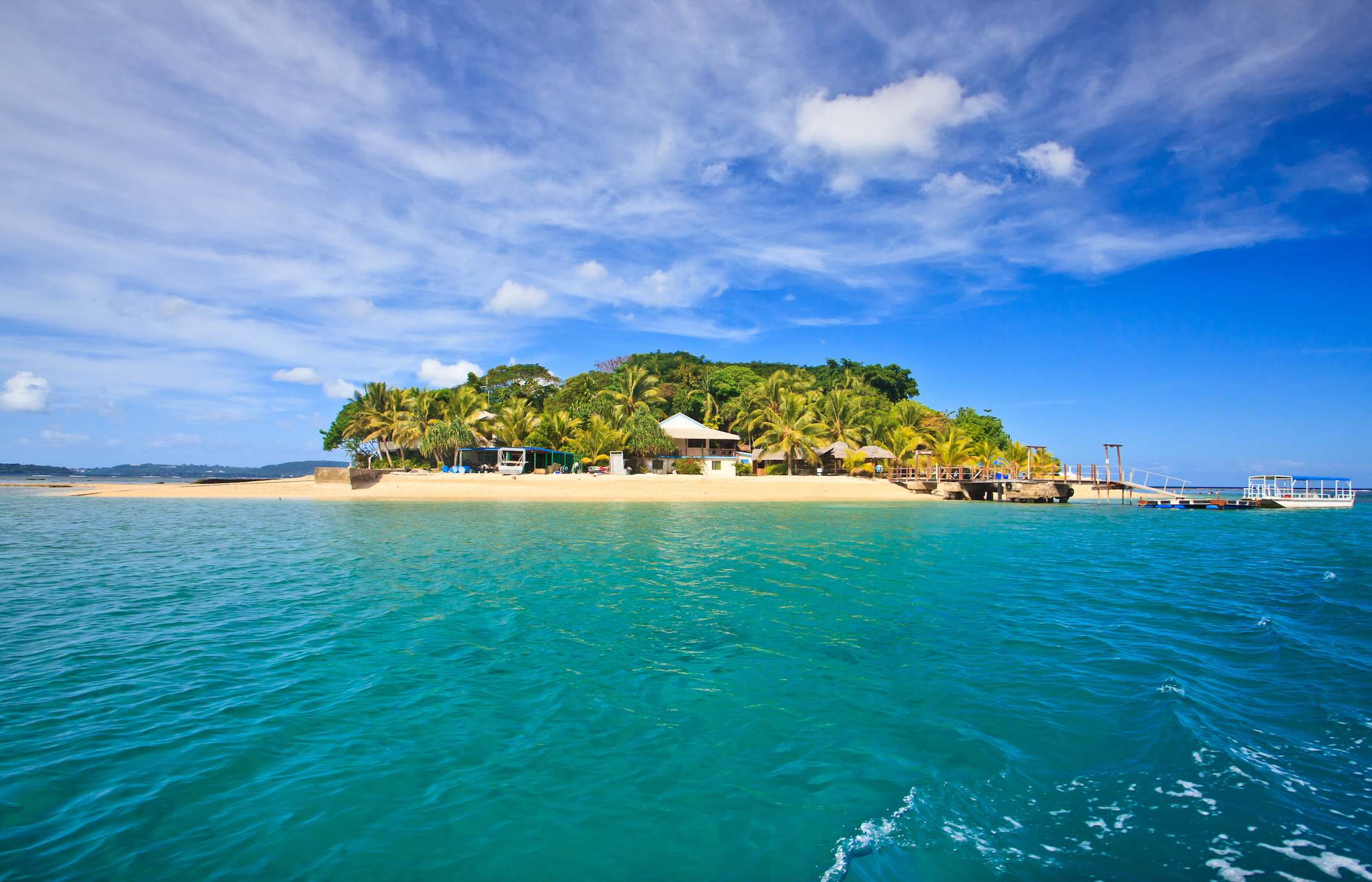Why Make Vanilla Extract With Different Spirits?

Many premium grade, pure vanilla extract producers use inexpensive sugar & corn alcohol to extract vanilla from their beans. Using a premium bean is step one. But unless you have extracted the vanilla essential oils from the bean using a premium aged and distilled spirit, then you aren't experiencing the full taste profile of the vanilla bean.
Vanilla beans have over 300 flavor compounds and in a consumer's short-sighted rush to "just get vanilla extract", she/he misses the true flavor experience that a pure vanilla extract can offer. So, take your time, do some research and make sure you select the best spirit for your vanilla beans.
Minimizing the importance of premium spirits when extracting vanilla is usually a cost strategy. But, for those of you who drink on occasion, you know first-hand the difference between good and bad spirits. Cheap spirits produce lower-quality vanilla extract. Period. So let's not cut corners and, instead, let's create vanilla that has been extracted with distilled, aged spirits. (See our review of specific spirits that we have tried here.)
Why Vodka?
First of all, vodka is the most common distilled spirit for use with mixed drinks and cocktails. Why? Primarily because a good, distilled vodka is tasteless and odorless, allowing the other flavors within the drink to become the focus.

Vodka comes from fermenting and distilling grain. This could be rye, wheat, corn or various other grains. The quality of the vodka is directly linked to the quality of the grain and the number of times that the vodka has been distilled. The more that the vodka has been distilled, the smoother and the cleaner it is. In vanilla extract, smooth and clean equate to stronger tones of vanilla.
What does distillation mean? It's the process of heating the beverage to remove the impurities and diluting components, such as water. Thus, leaving you with a more pure spirit. A spirit (for those who may wonder) is a distilled alcoholic beverage with 30%+ alcohol and no added sugar. A liquor contains 30%+ alcohol but also contains added sugars and flavorings. A beer or wine are fermented, not distilled, and contain less than 20% alcohol.
After distillation, premium vodkas are filtered and, immediately, are ready to drink. A vodka requires no aging, but aging does enhance its smoothness. Most vodka is 80 proof, or 40% alcohol. The FDA requires a minimum 70 proof, or 35% alcohol on vanilla extracts. This makes vodka a perfect medium for vanilla extraction.
Finally, water is added to a premium vodka after distillation. Using clean, pure, mountain-spring water is paramount to the final product.
Why Rum?
What is rum? The quick answer: anything distilled from sugarcane or sugarcane byproducts, such as molasses or cane juice. Because of such a broad definition, anything distilled with anything sugar is, theoretically, a rum. But buyer beware...especially when traveling through the Caribbean or other tropical destinations. A rum by the same name, isn't always a rum and labels aren't always honest.

White rum is our personal favorite. As with Vodka, it is at least 5X distilled and charcoal filtered. It is smooth and pure, and extracts the highest level of sweetness out of each vanilla bean. In fact, given the typical uses of vanilla extract, using a sugar based distilled rum with a vanilla bean is often the perfect marriage. For desserts, ice creams and toppings, a rum-based vanilla greatly enhances the sweetness.
Gold/dark and spiced rum are the two other varieties of rum that may occasionally be used by VanillaPura. These darker rums have heavy, sweet tones that are great for caramel apples and other deep, rich dishes...but somewhat limiting outside of the fall/winter holiday season.
Why Bourbon?
As the old saying goes, "All bourbon is whiskey, but not all whiskey is bourbon."

Whiskey is made all around the world. There are famous styles, such as American whiskey, Scotch whisky and Irish whiskey. Whiskey can be great for vanilla extract, but we generally stick with bourbon, and here's why...
Bourbon is simply the most popular form of American whiskey. It also has its own defining characteristics or rules. They are as follows:
- Bourbon must be made in America
- Bourbon must be 51% corn
- Bourbon must be stored in new, charred-oak barrels
- Bourbon must be distilled to no more than 160 proof, and entered into the barrel at 125 proof.
- Bourbon must be bottled at no less than 80 proof.
- Bourbon must not contain any added flavoring, coloring or additives.
Why are these regulations so strict? Because in the 1800's, distillers spent a lot of effort adulterating, tampering with and diluting their whiskeys. In addition, the country saw a great opportunity in defining a new kind of American Whiskey that was predictable and that would ultimately reshape the way whiskeys taste all around the world. The 1897 Bottle in Bond Act clarified proper bourbon producing techniques. According to the act, "It (bourbon) must be bottled and stored in bonded warehouses under the U.S. government supervision for no less than 4 years." In short, the act made the U.S. government the guarantor of bourbon authentication.
Today, many whiskeys, wines and rums from all around the world use casks previously used by bourbon manufacturers to make their products. So the subtile tastes of American Bourbon have made their way into scotches, rums, Irish and Asian whiskeys and into many European wines.
Given the need for alcohol to extract vanilla, many vanilla extract producers are diluting, adulterating and tampering with their alcohol bases today, as American whiskey producers were doing in the 1800's.

Now, whiskey production and quality have improved significantly over the years, and there are great whiskey's on the market. Still, we prefer bourbon because of its consistent taste and guaranteed sweetness derived from the 51% corn content. We like adhering to the same high standards with our vanilla extract that American bourbon producers do.
Bourbon is clean like vodka, but has a slightly sweeter and a smokey/oak profile, though certainly not as sweet as rum. It will bring out the sweetness of the vanilla without overpowering the vanilla aroma. It also helps to pull back some of the licorice tones of a Tahitian or Tongan vanilla bean. It really enhances some of the darker/smokier vanilla beans like Indonesian and Mexican.
So, which spirit is right for you? The answer largely depends on the level of sweetness you are looking for. In concise terms:
- Vodka is Flavorless = Pure vanilla bean taste.
- Bourbon is Slightly Sweet and Smokey = Enhanced vanilla taste with smokey/sweet notes.
- Rum is Very Sweet = Maximum vanilla taste, aroma and sweetness.
Here's a summary of spirits that are best for the many different types of beans:
Did you ever think vanilla extract could offer so much to your culinary experience? Whenever you are making desserts that call for a vodka, bourbon or rum, add a teaspoon or two of pure extract with the same spirit to enhance the taste even more!
Visit our comprehensive extract-making guide center for more essential extract making tips and ongoing education.



































